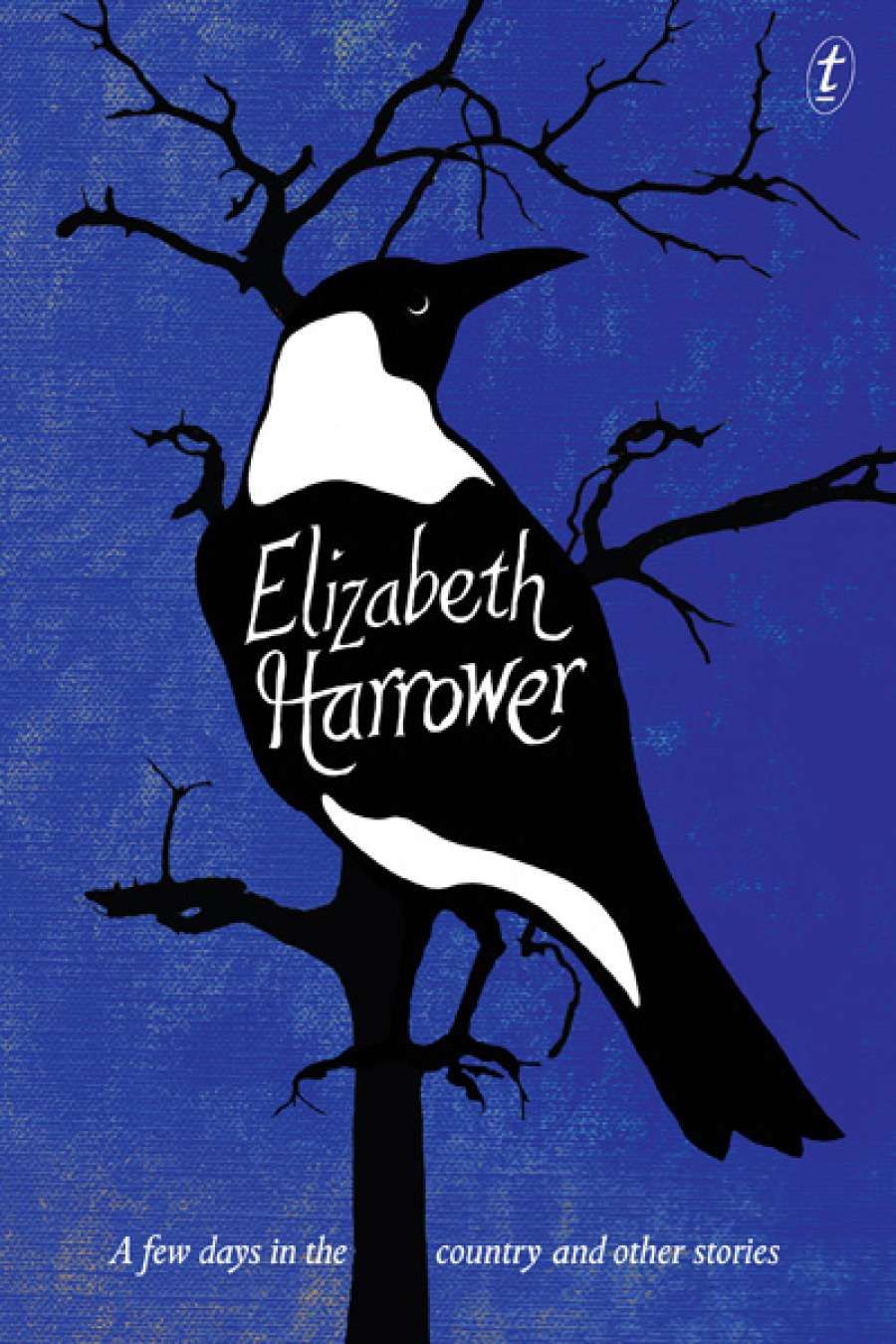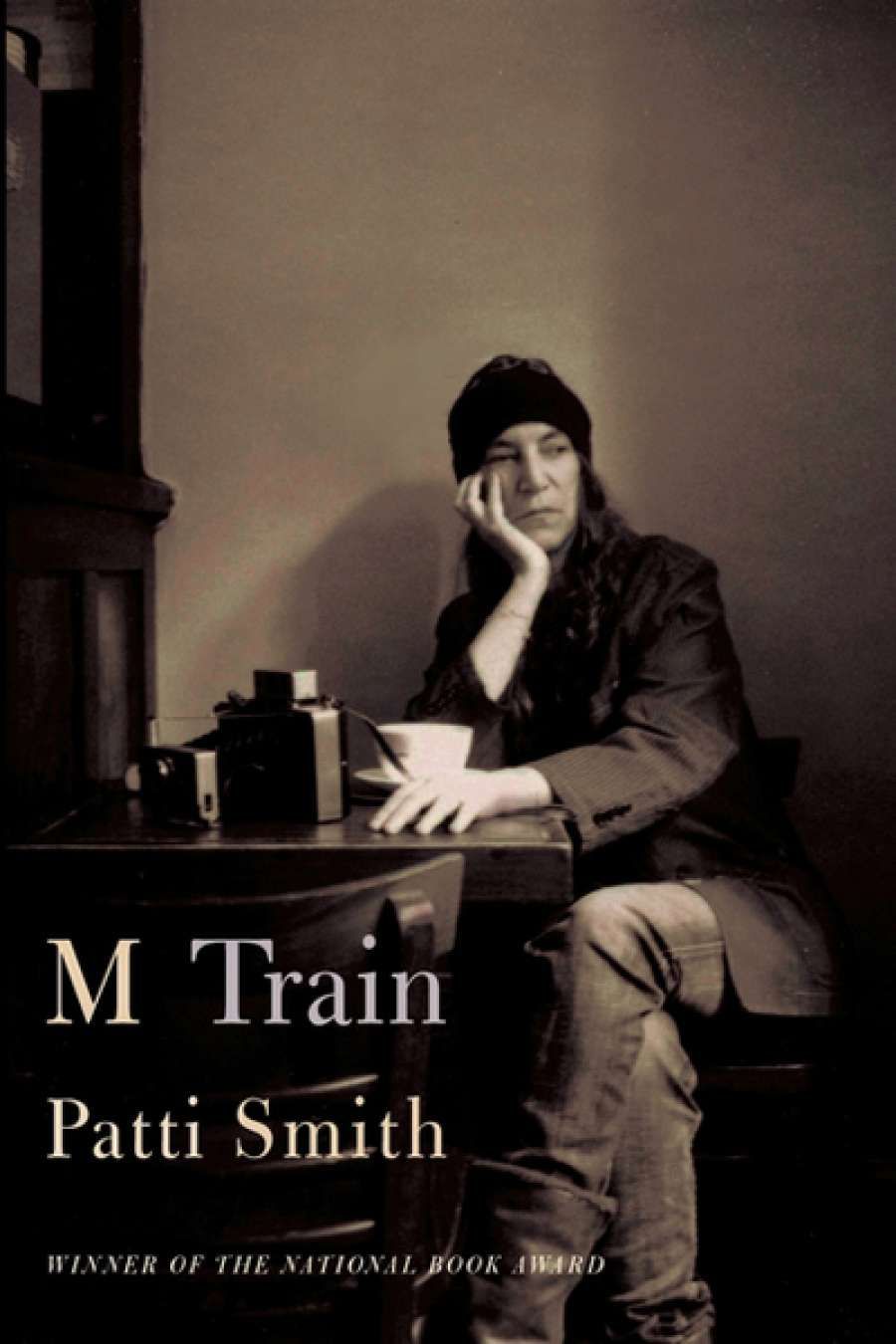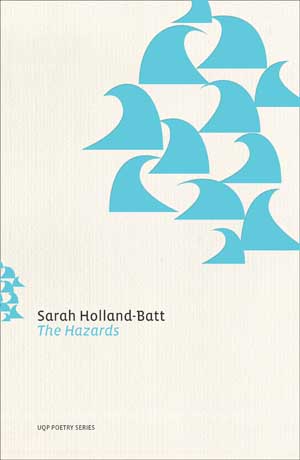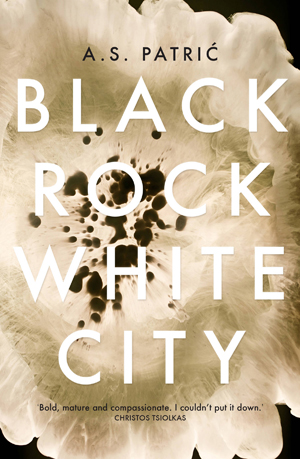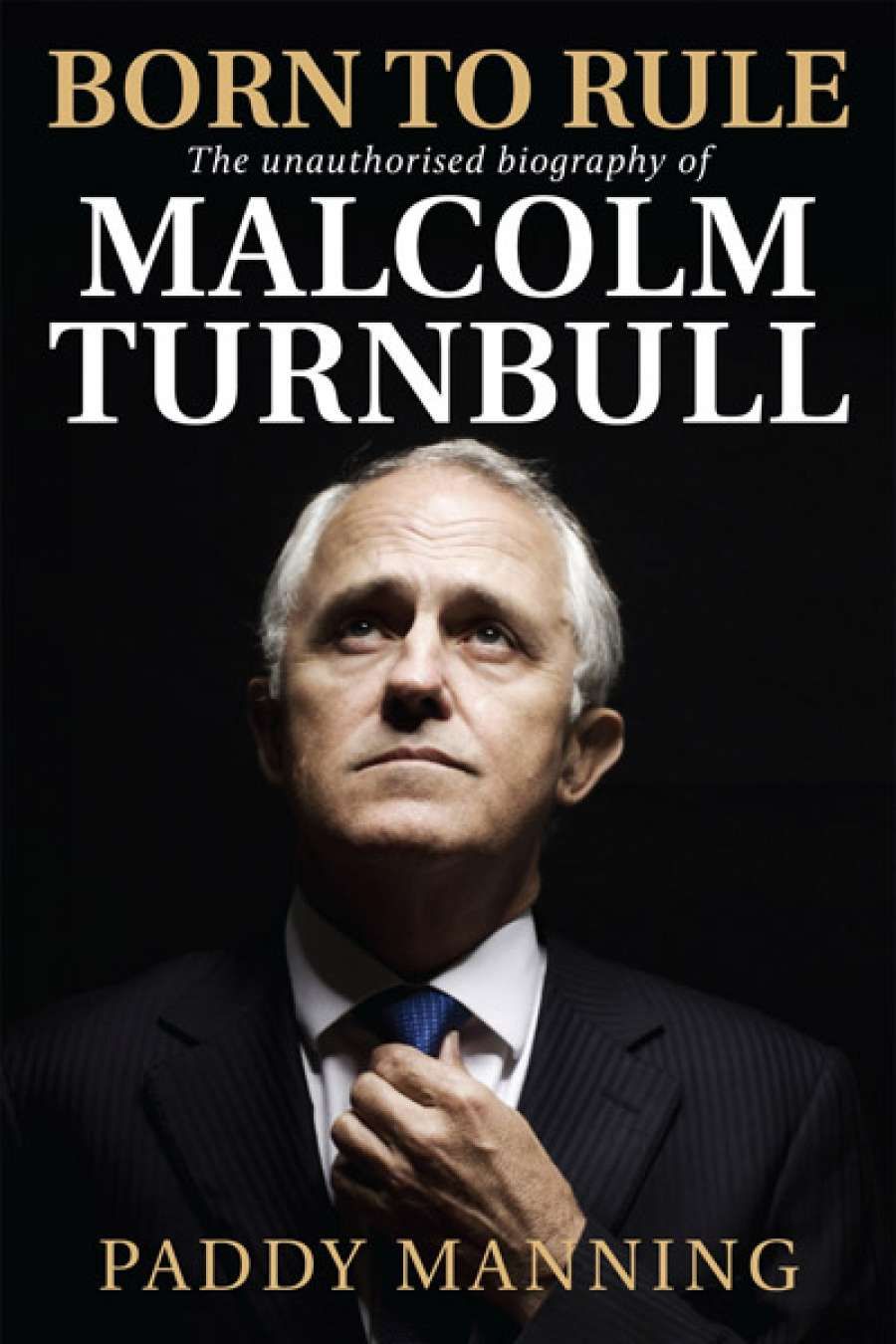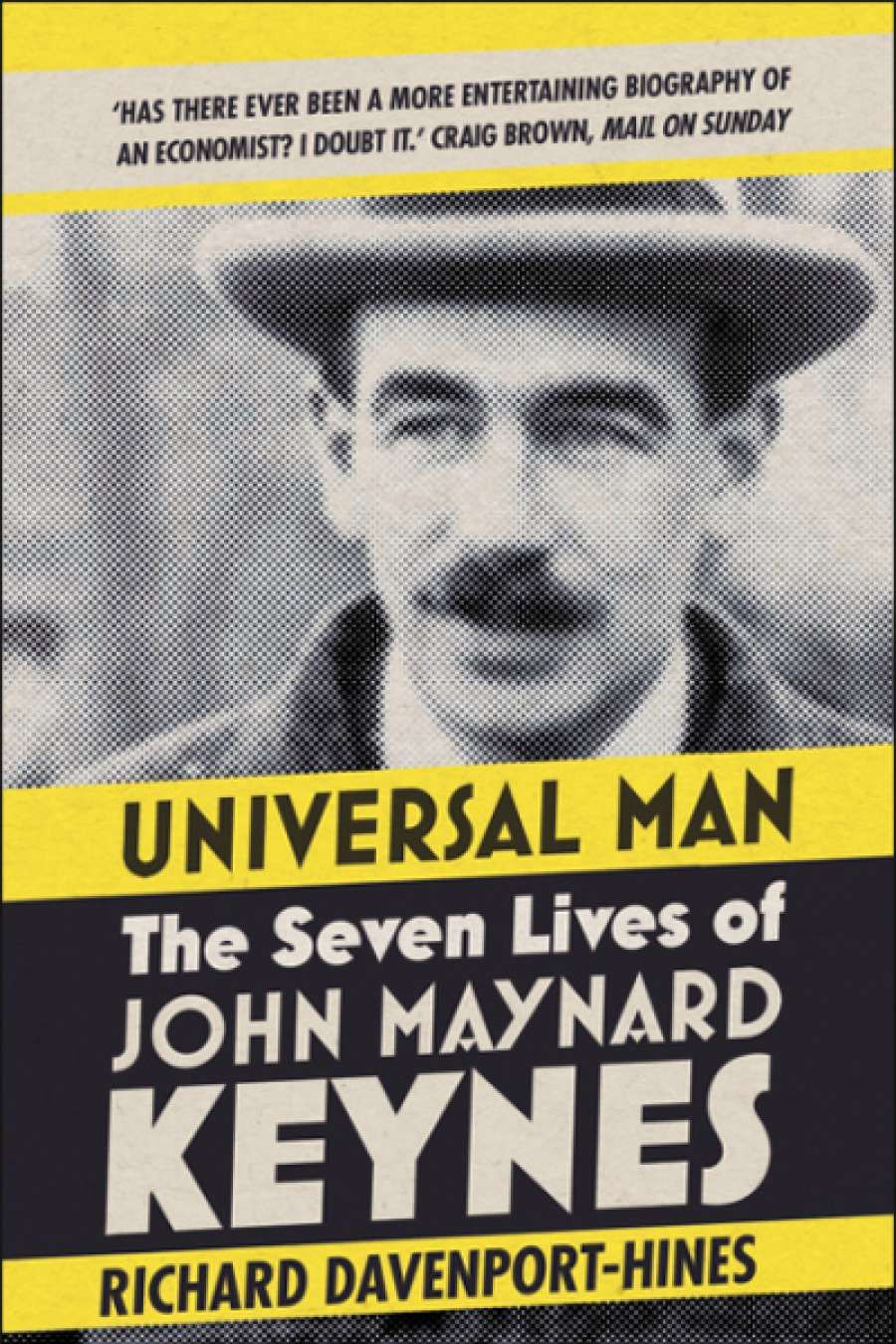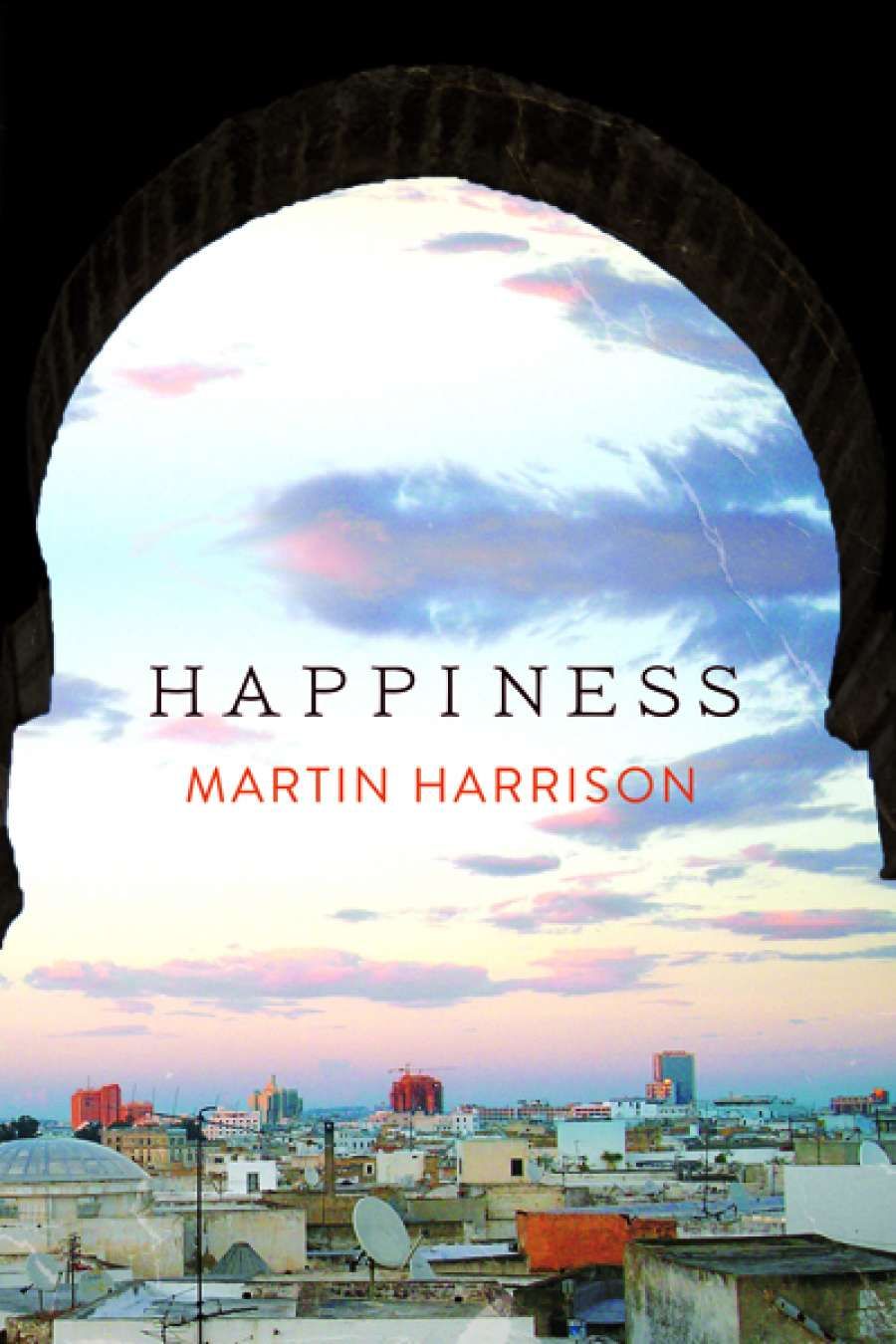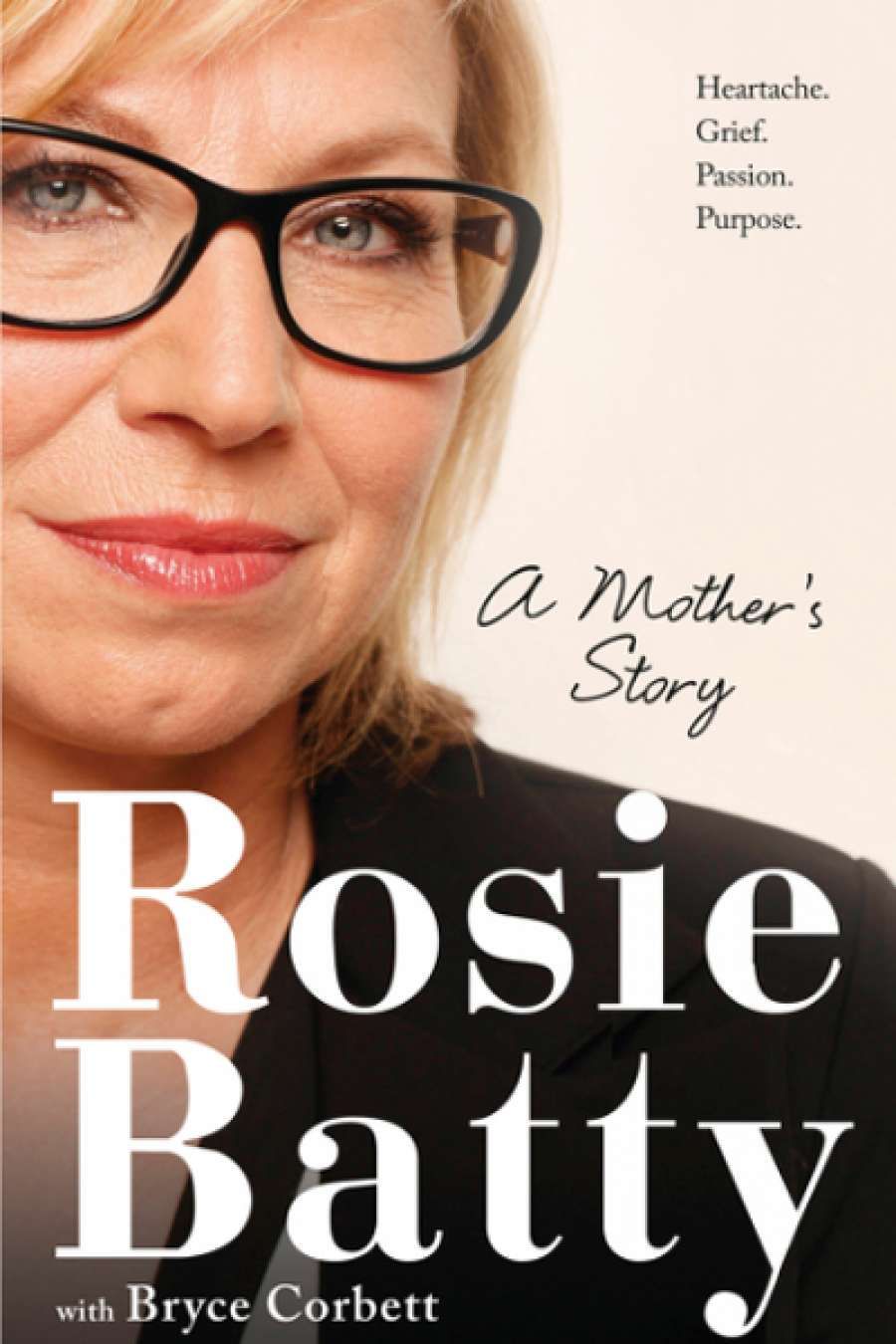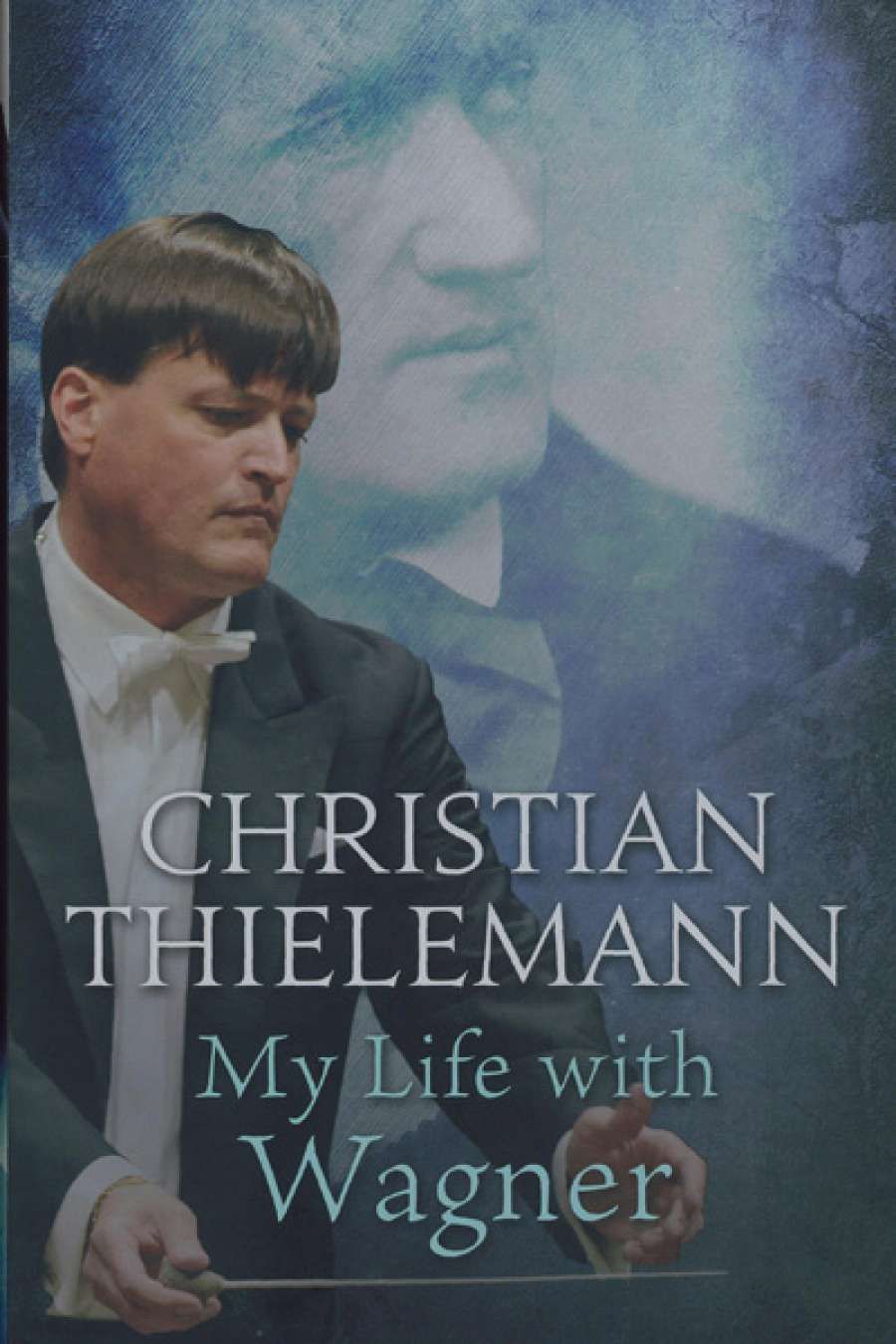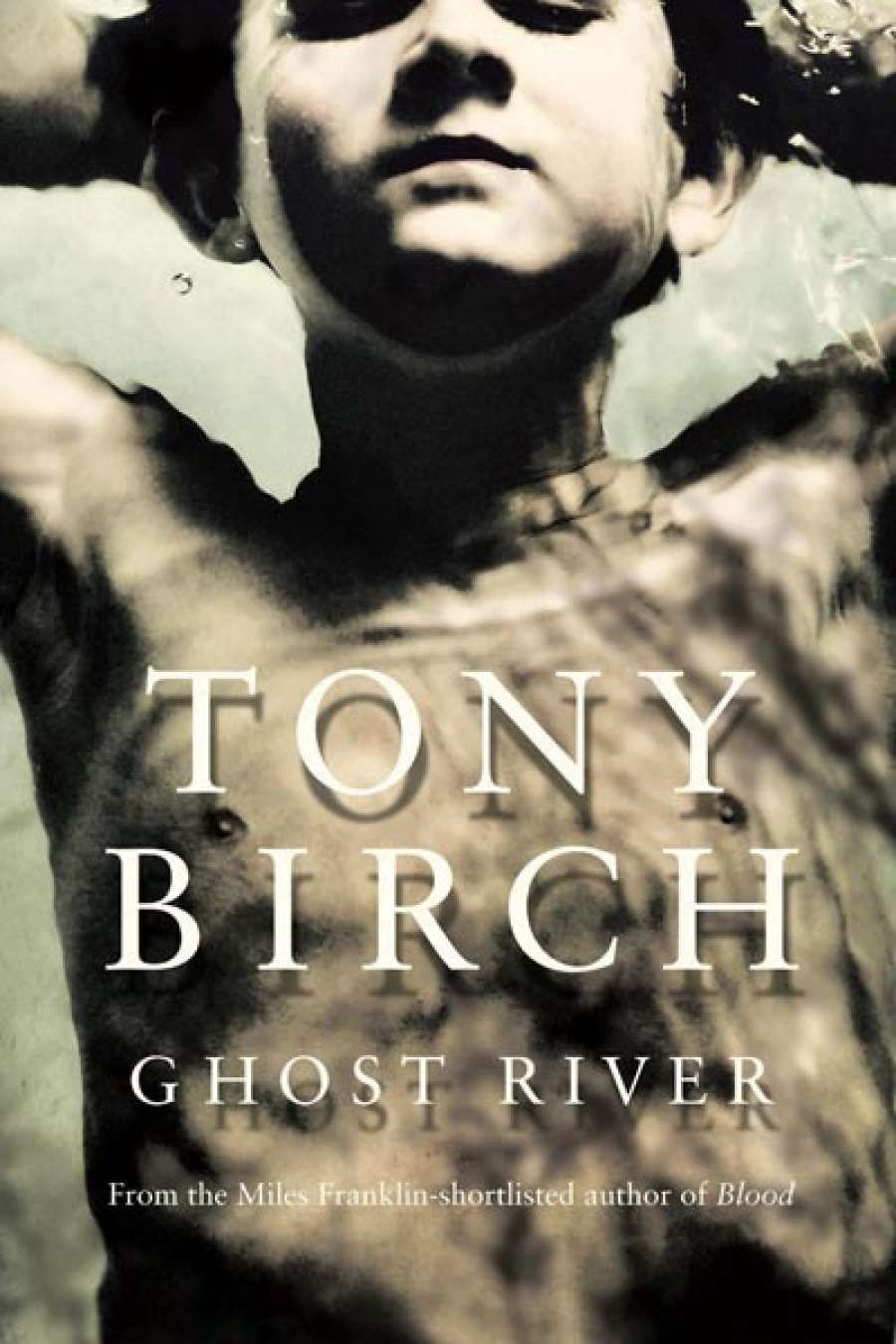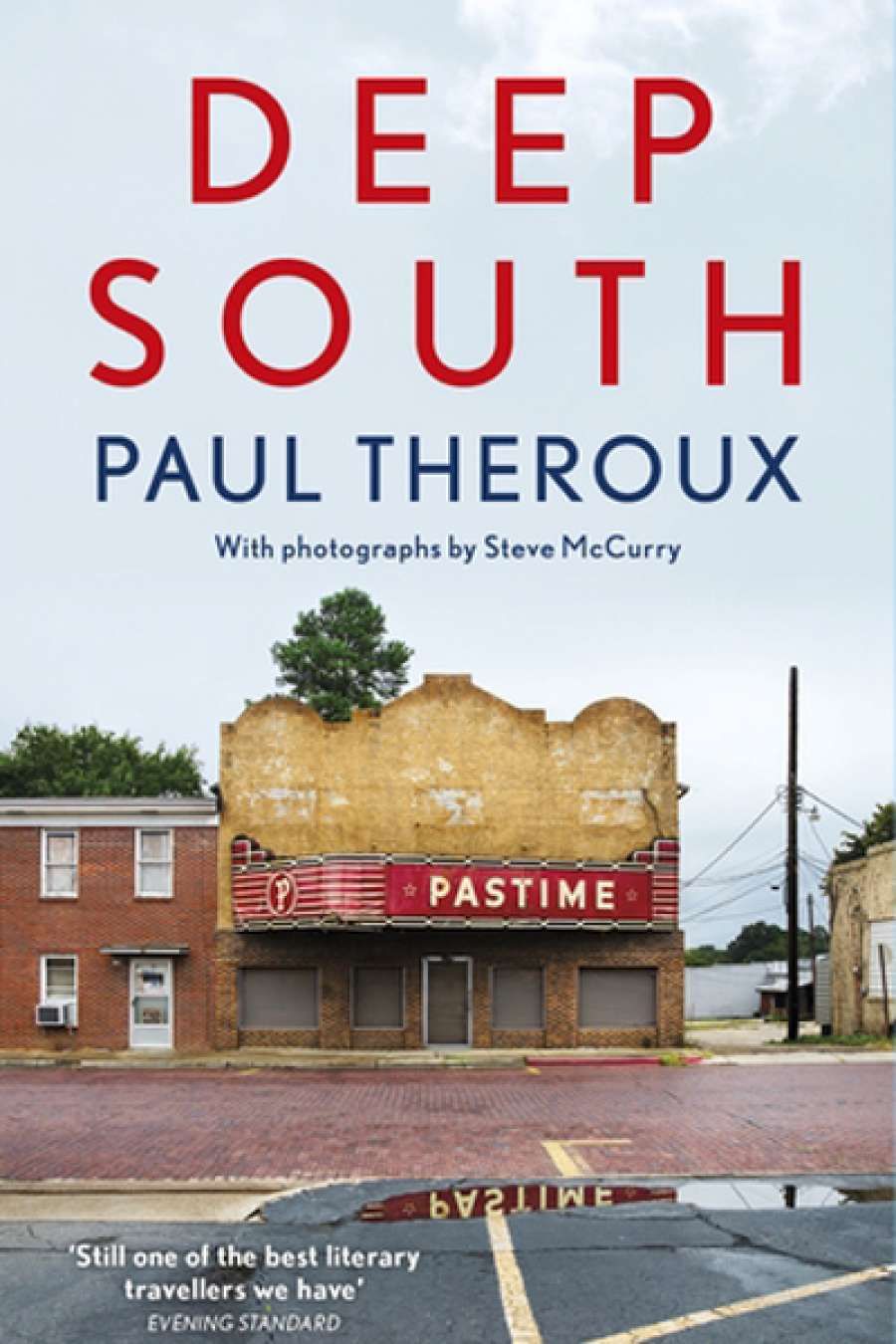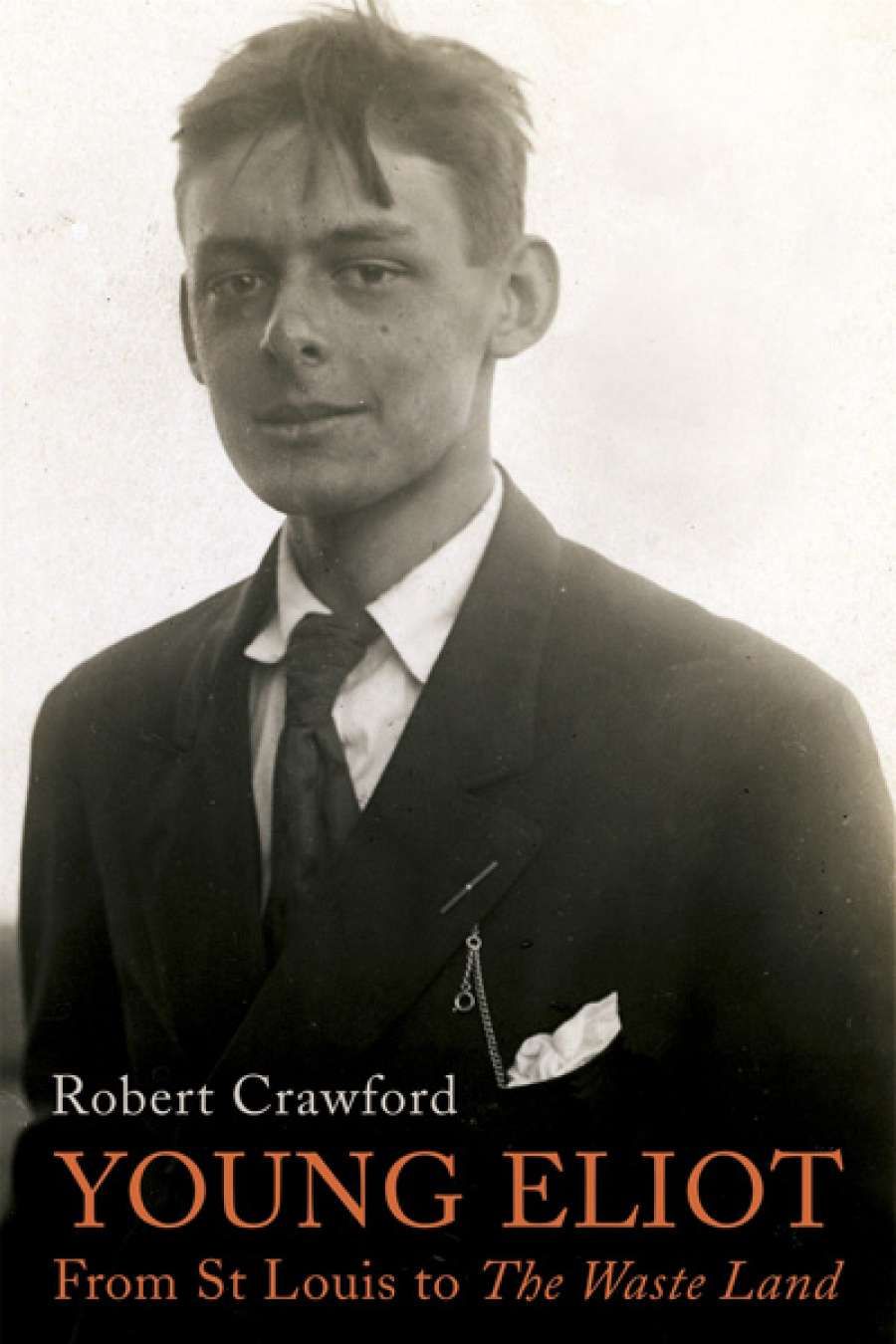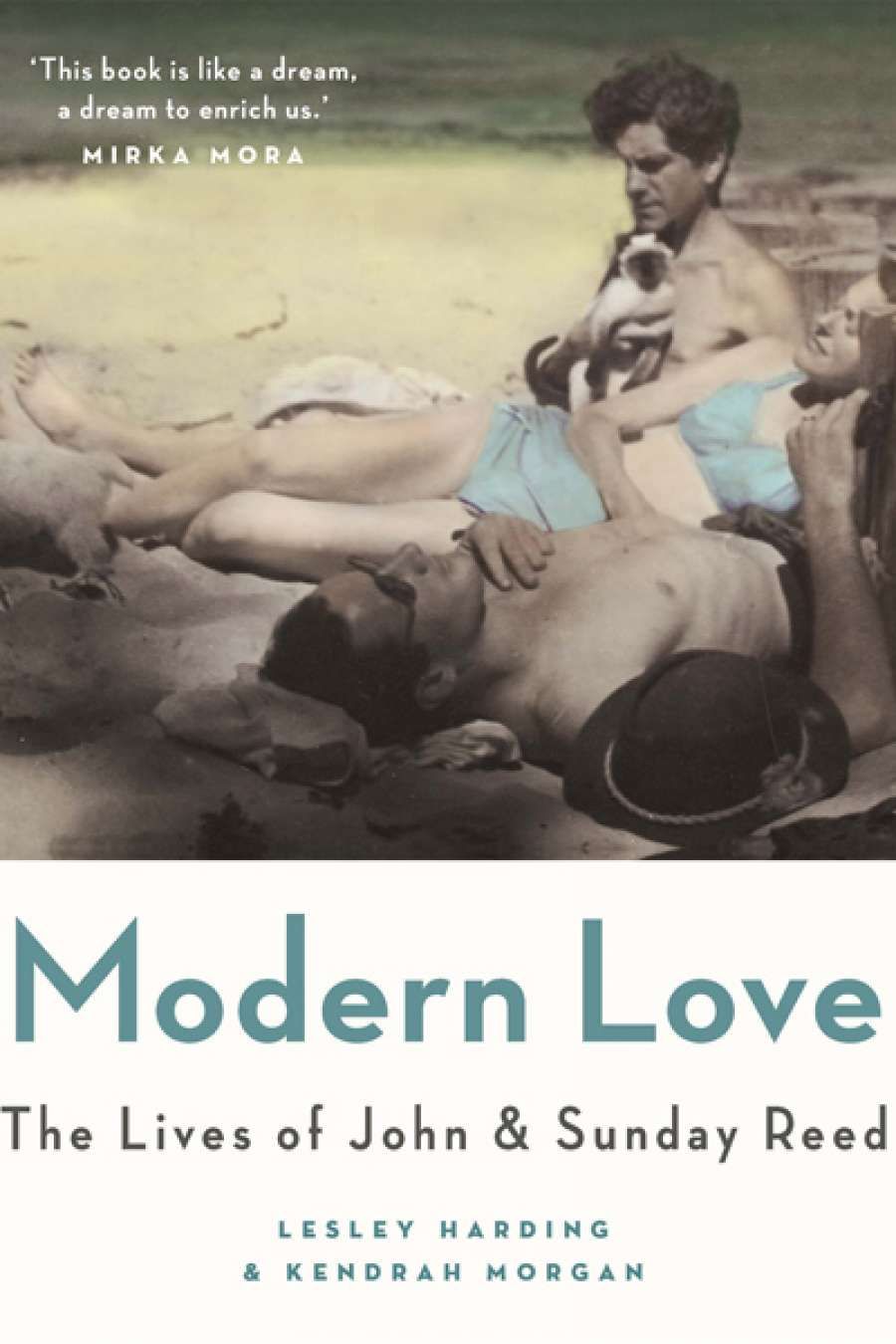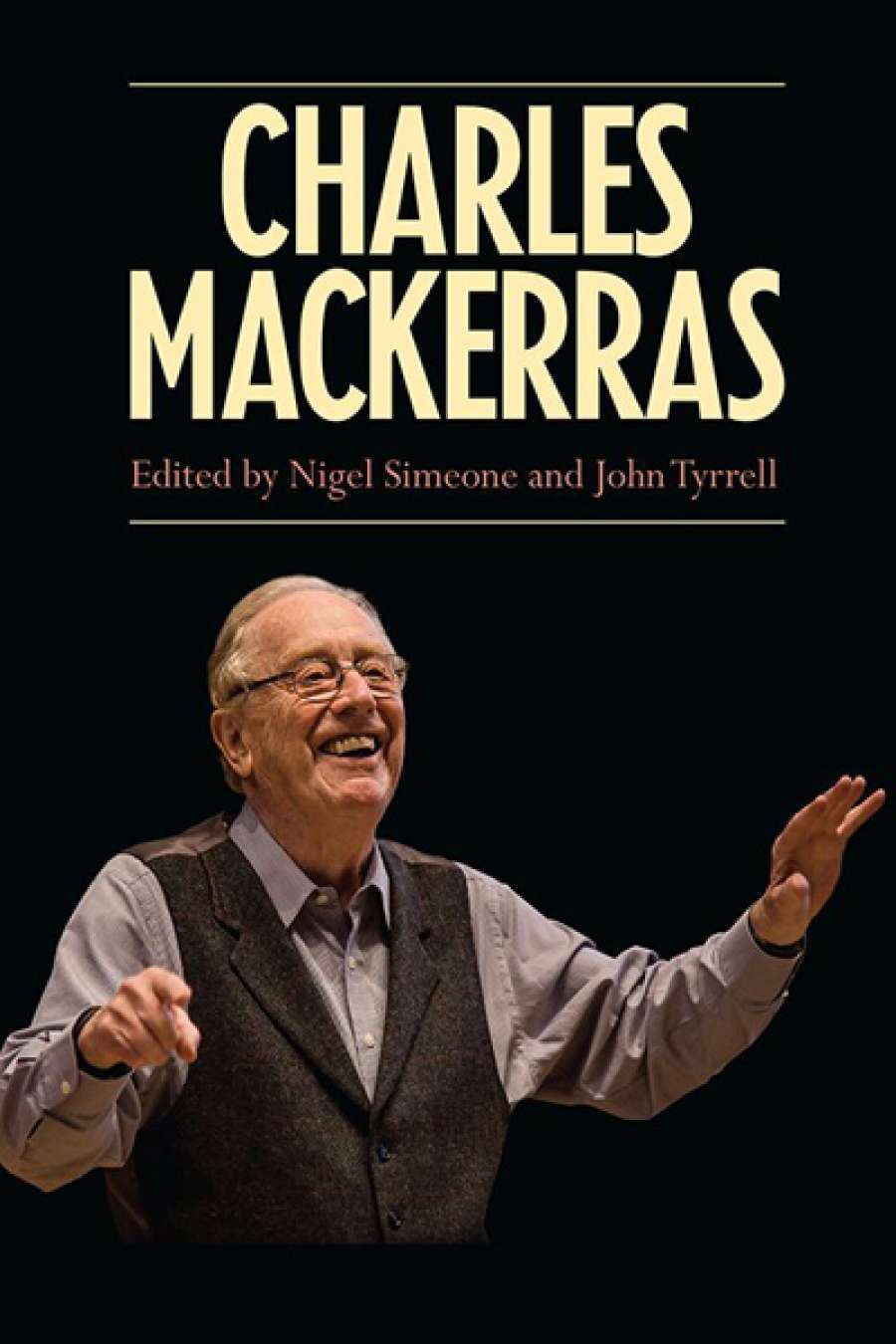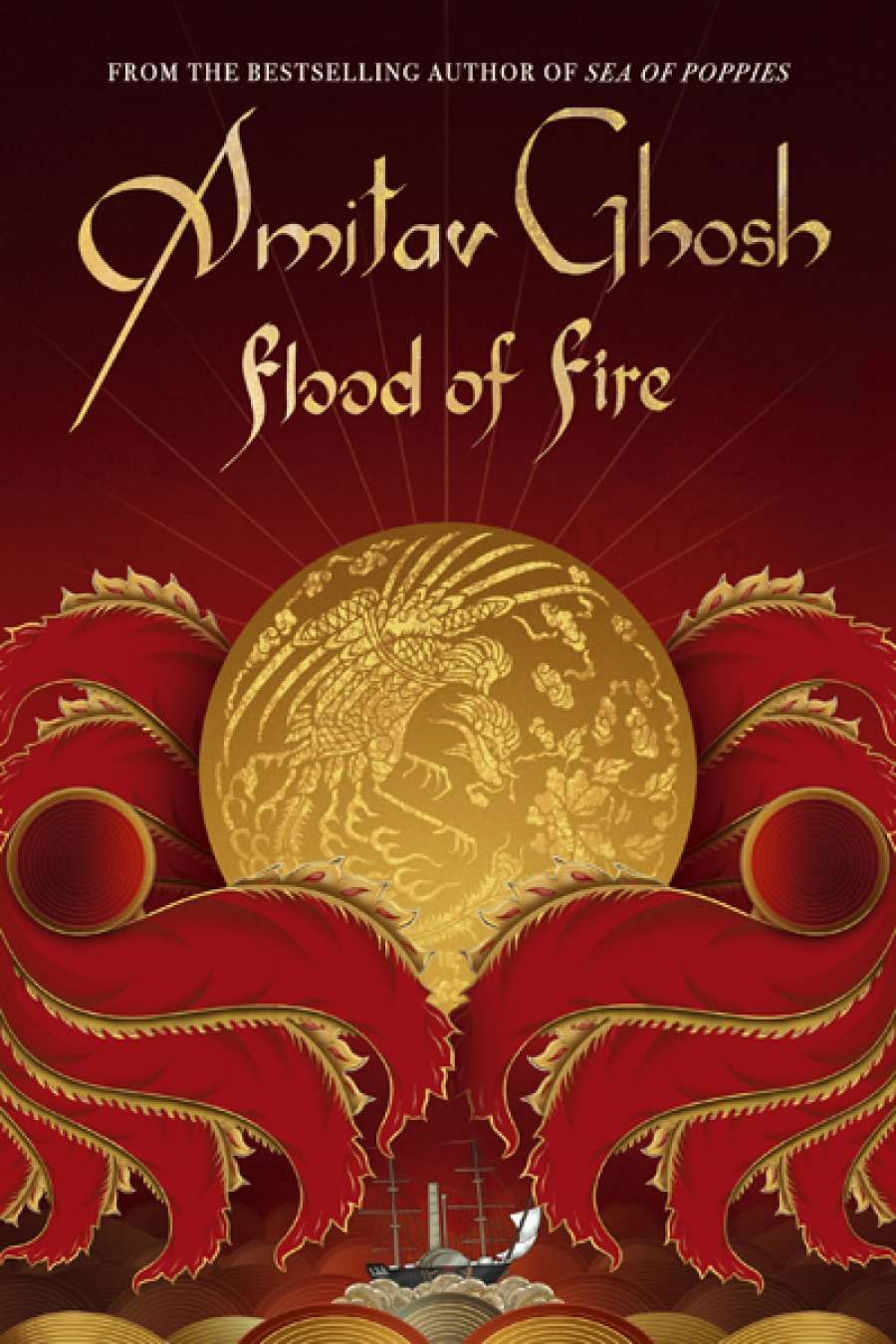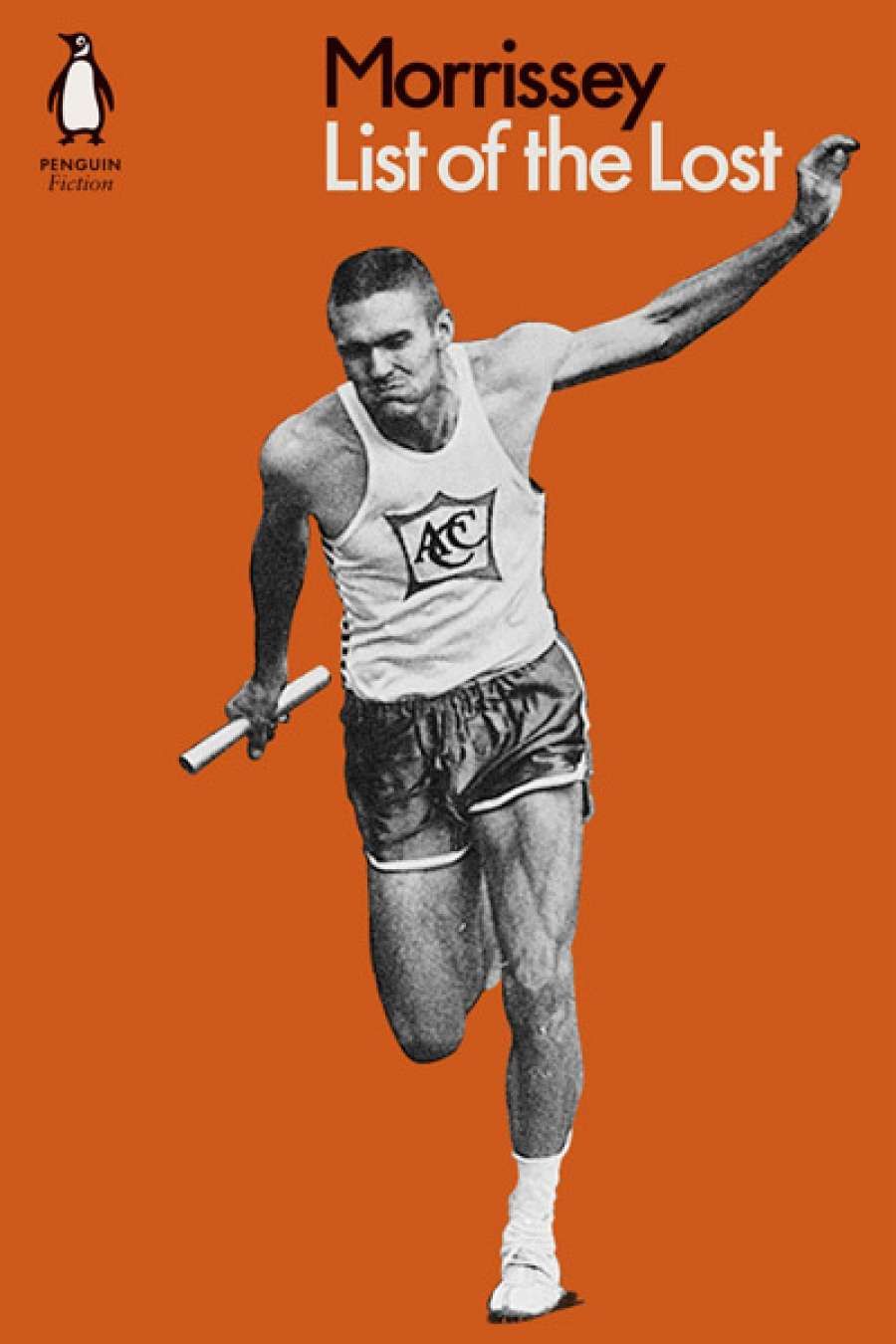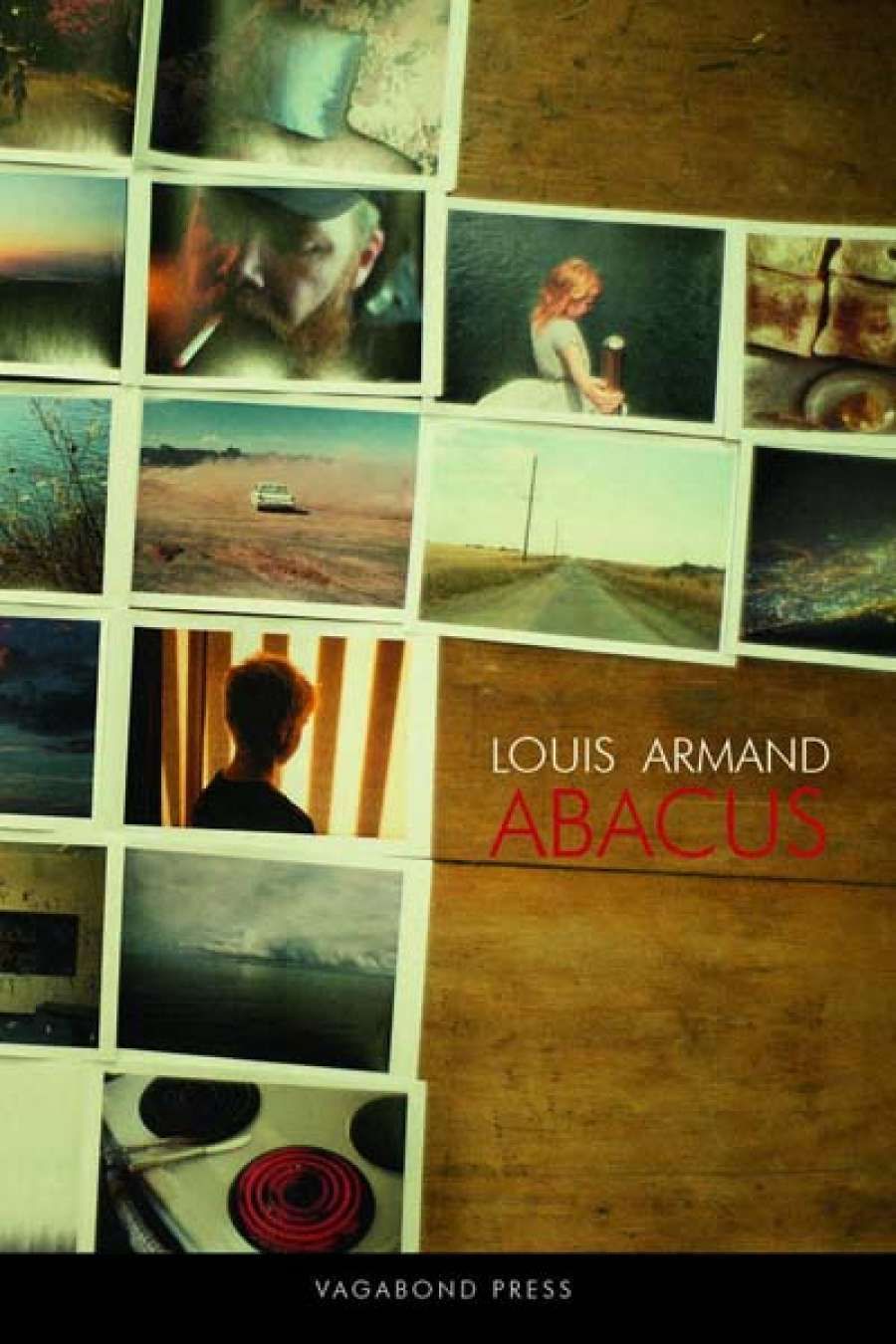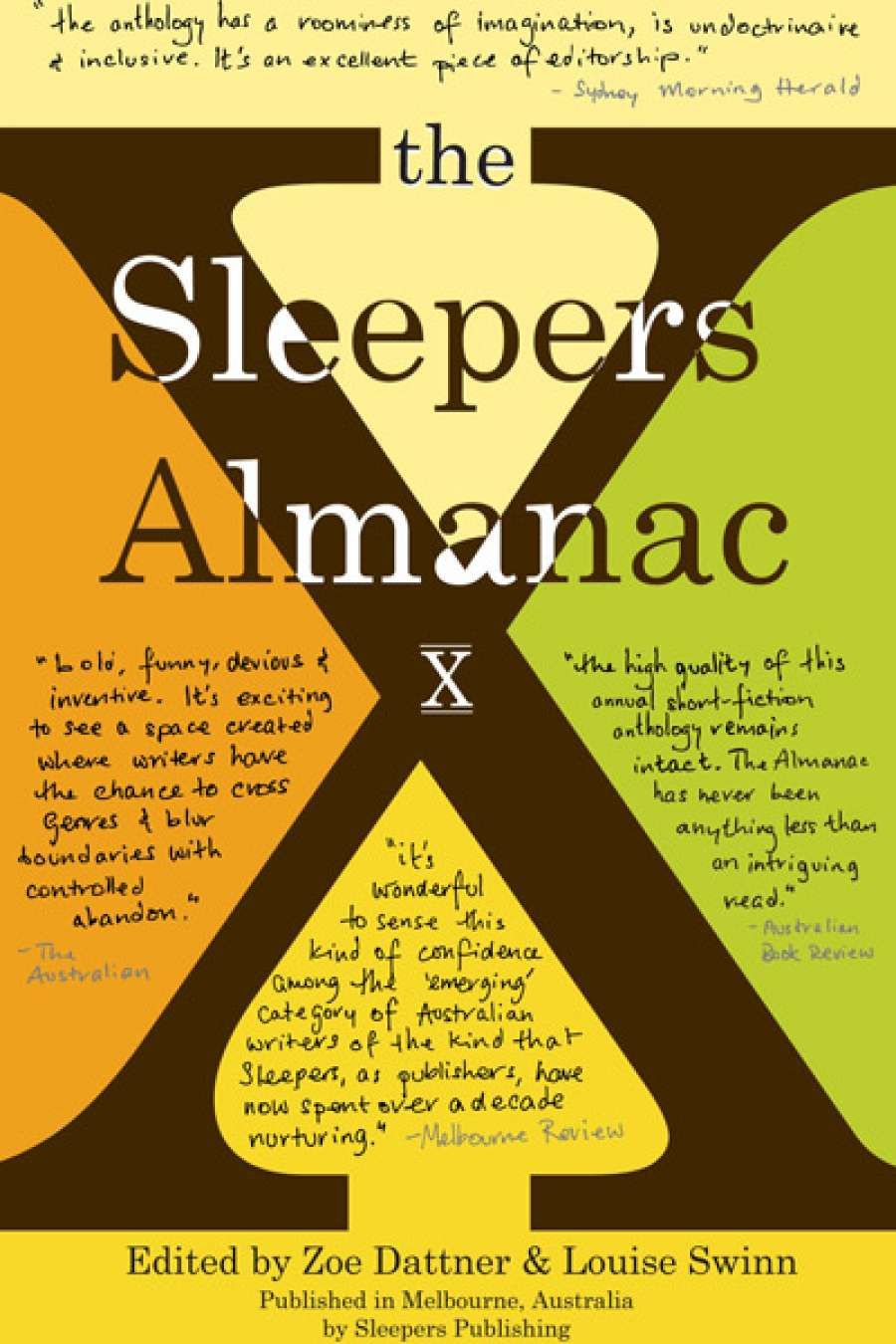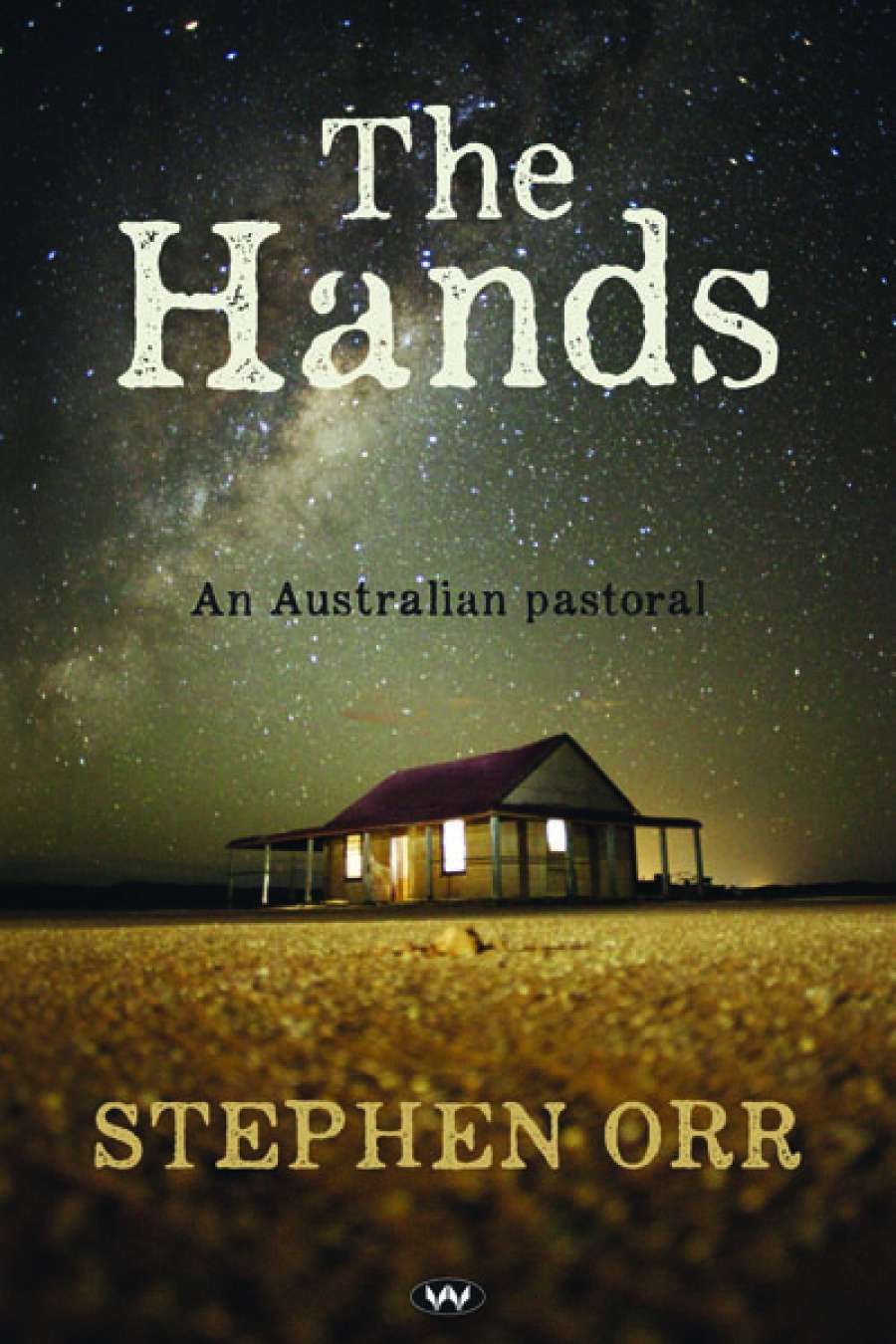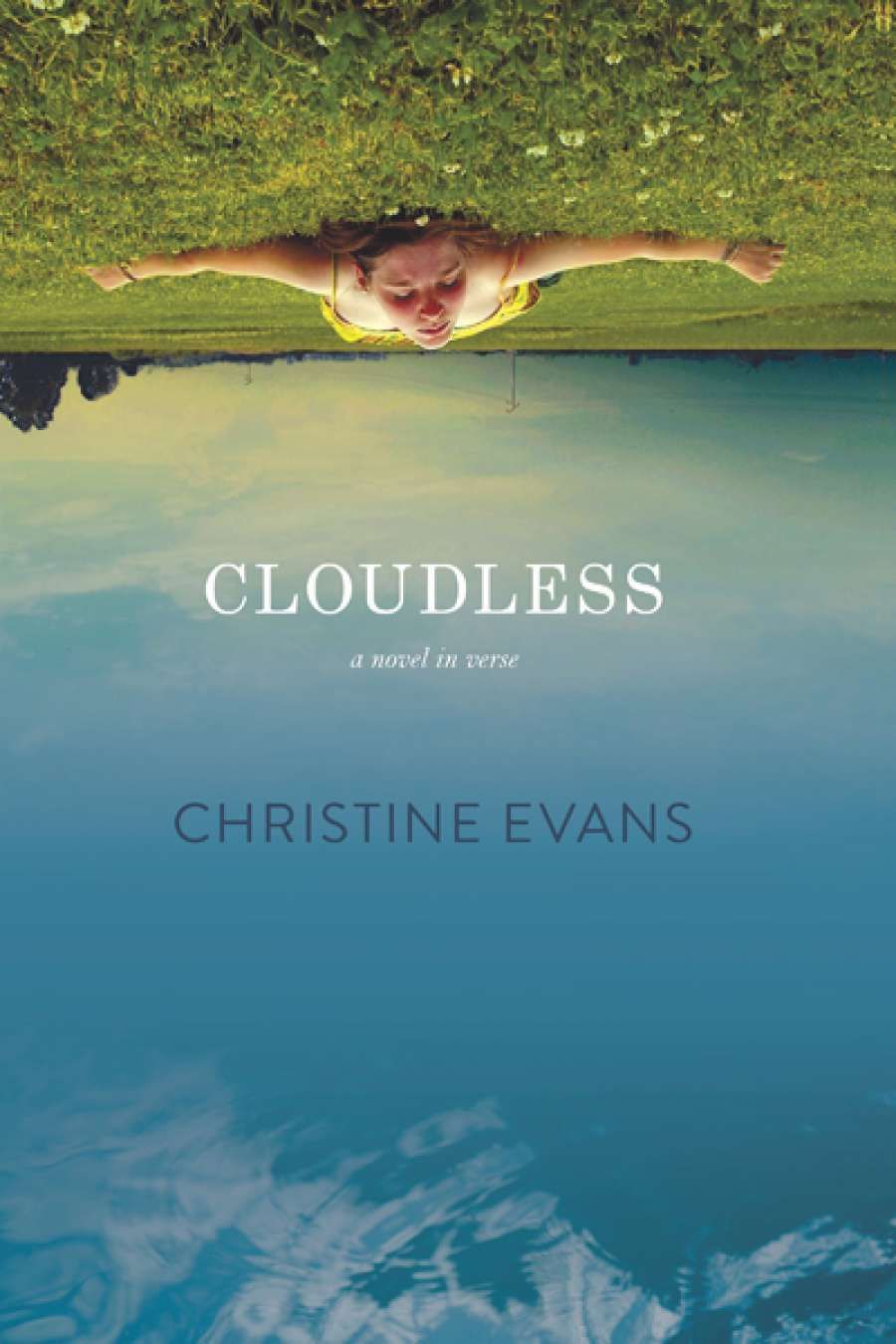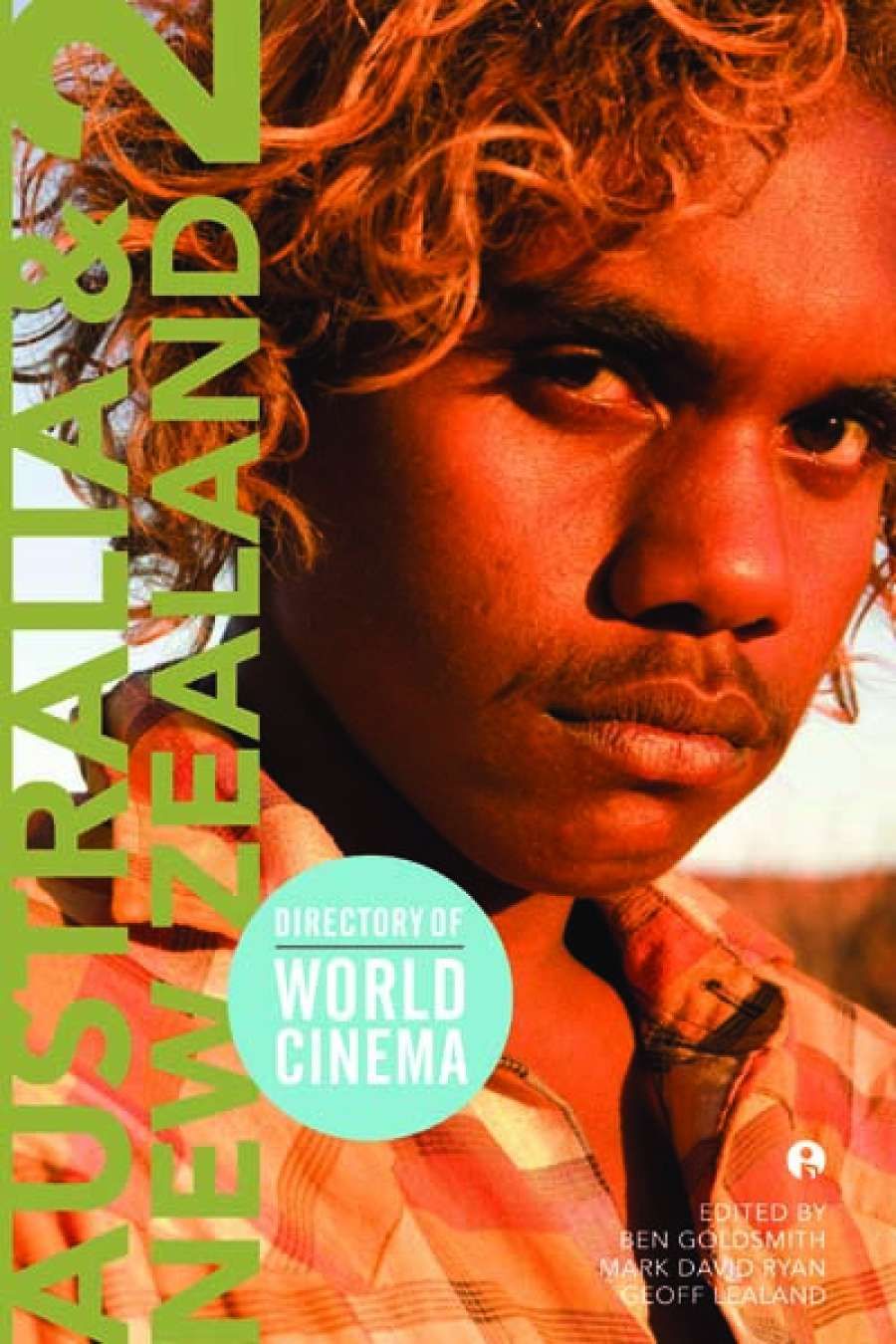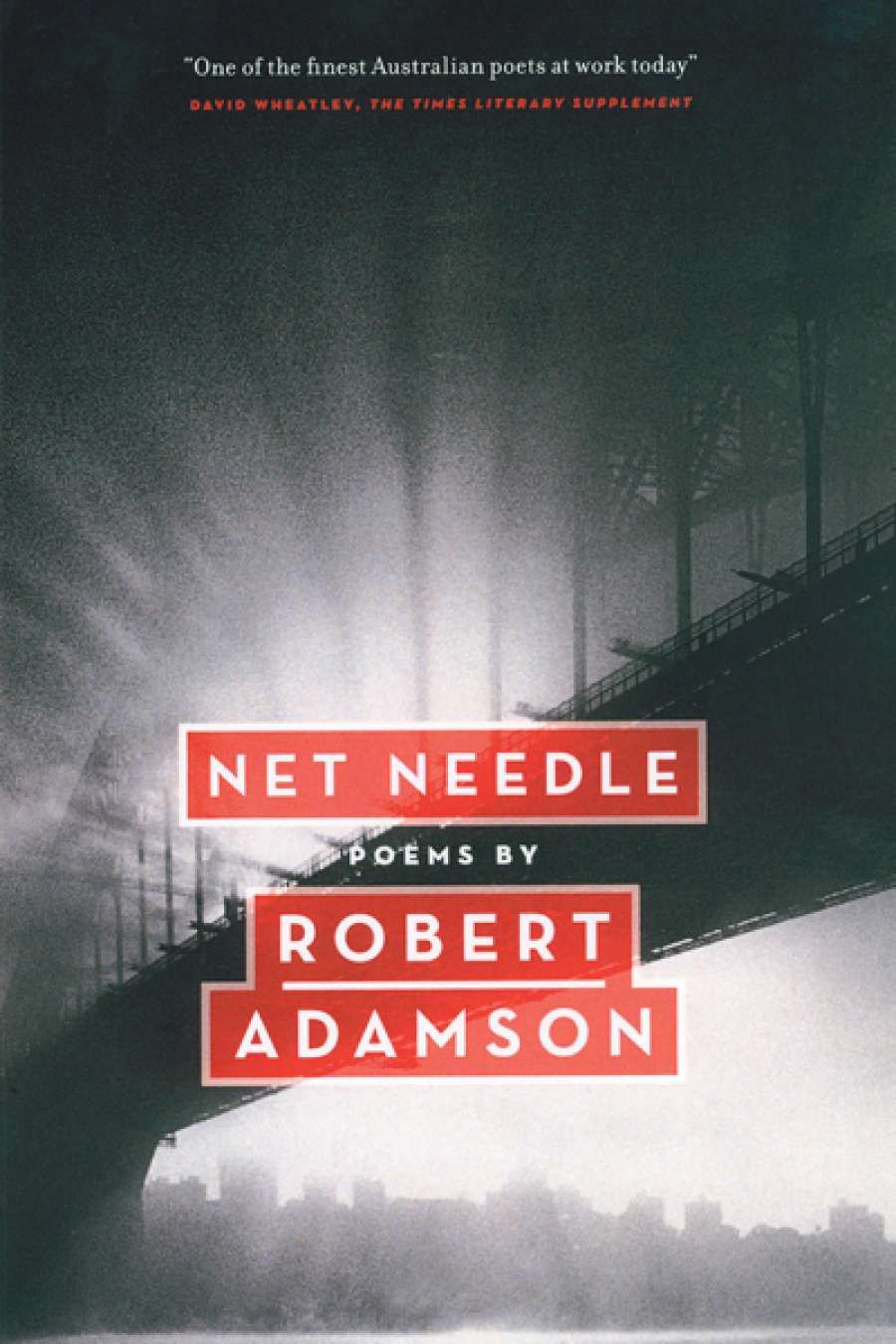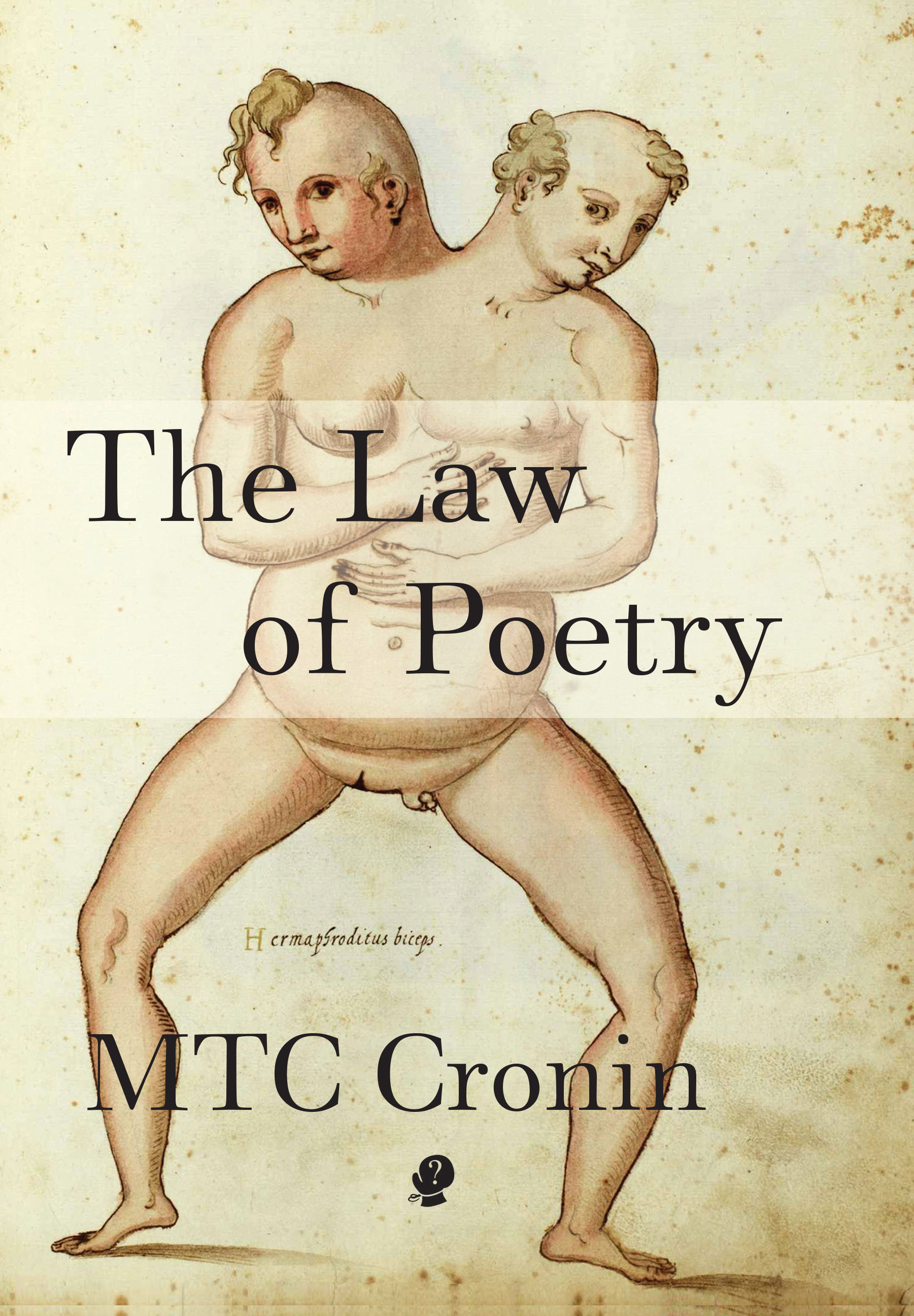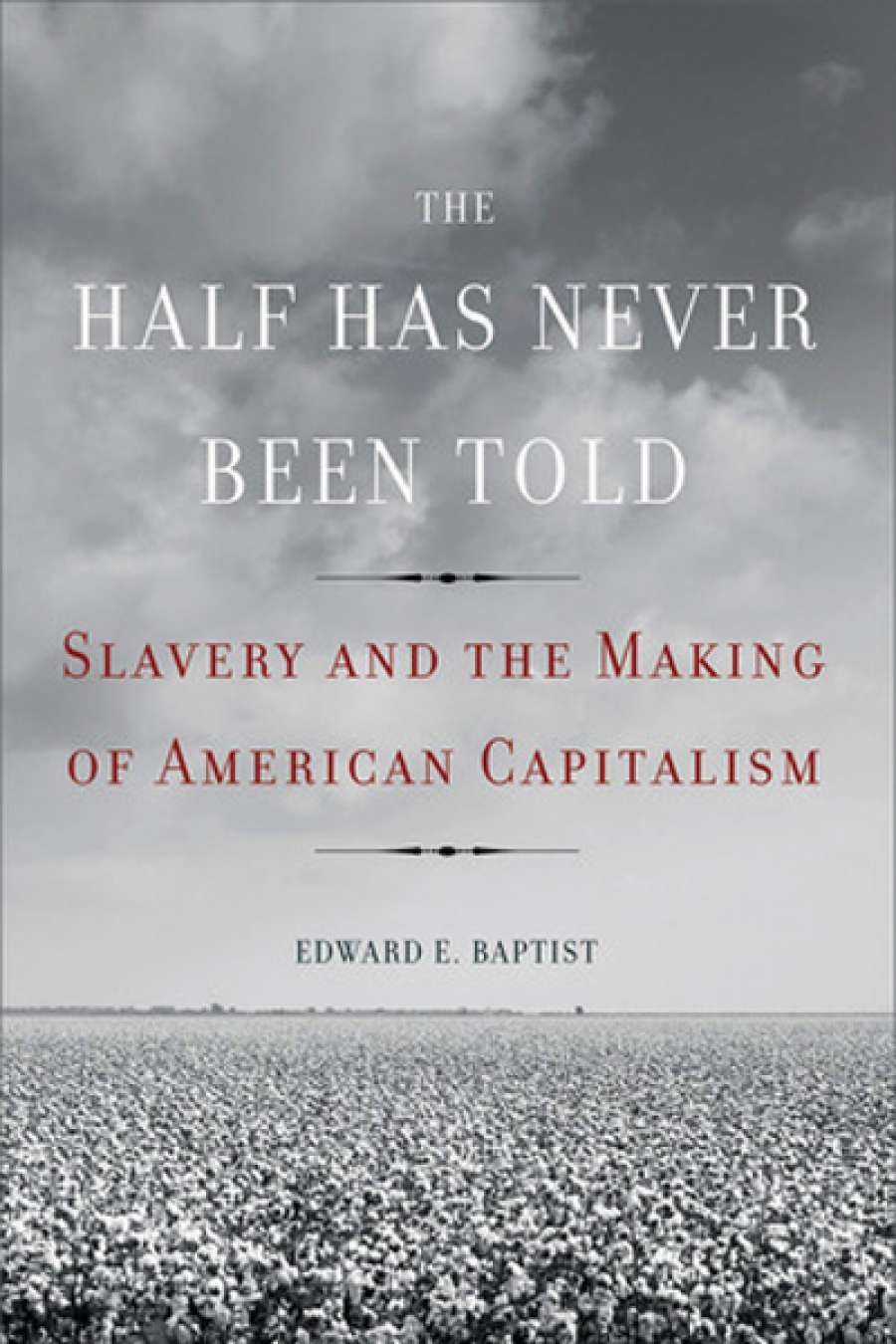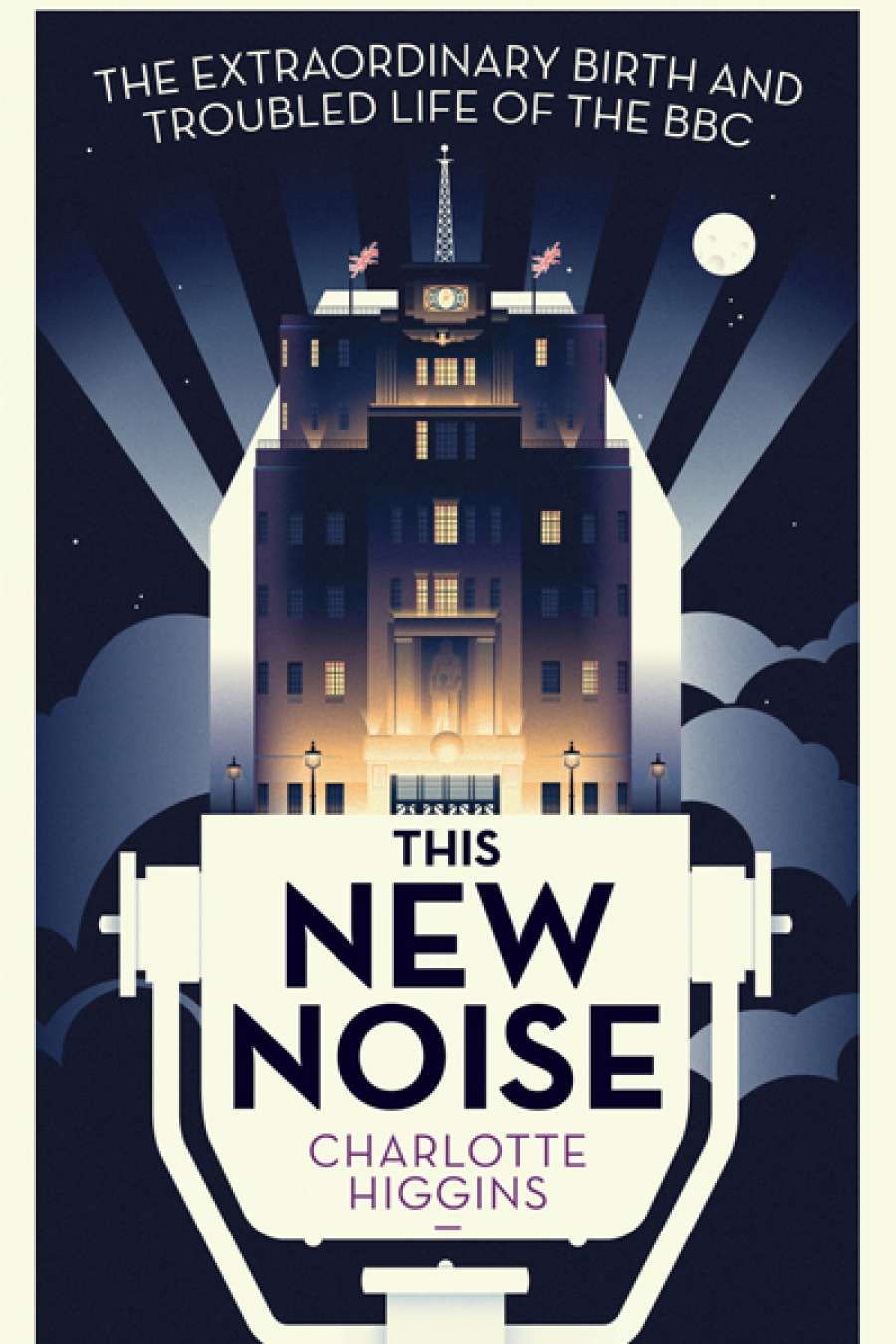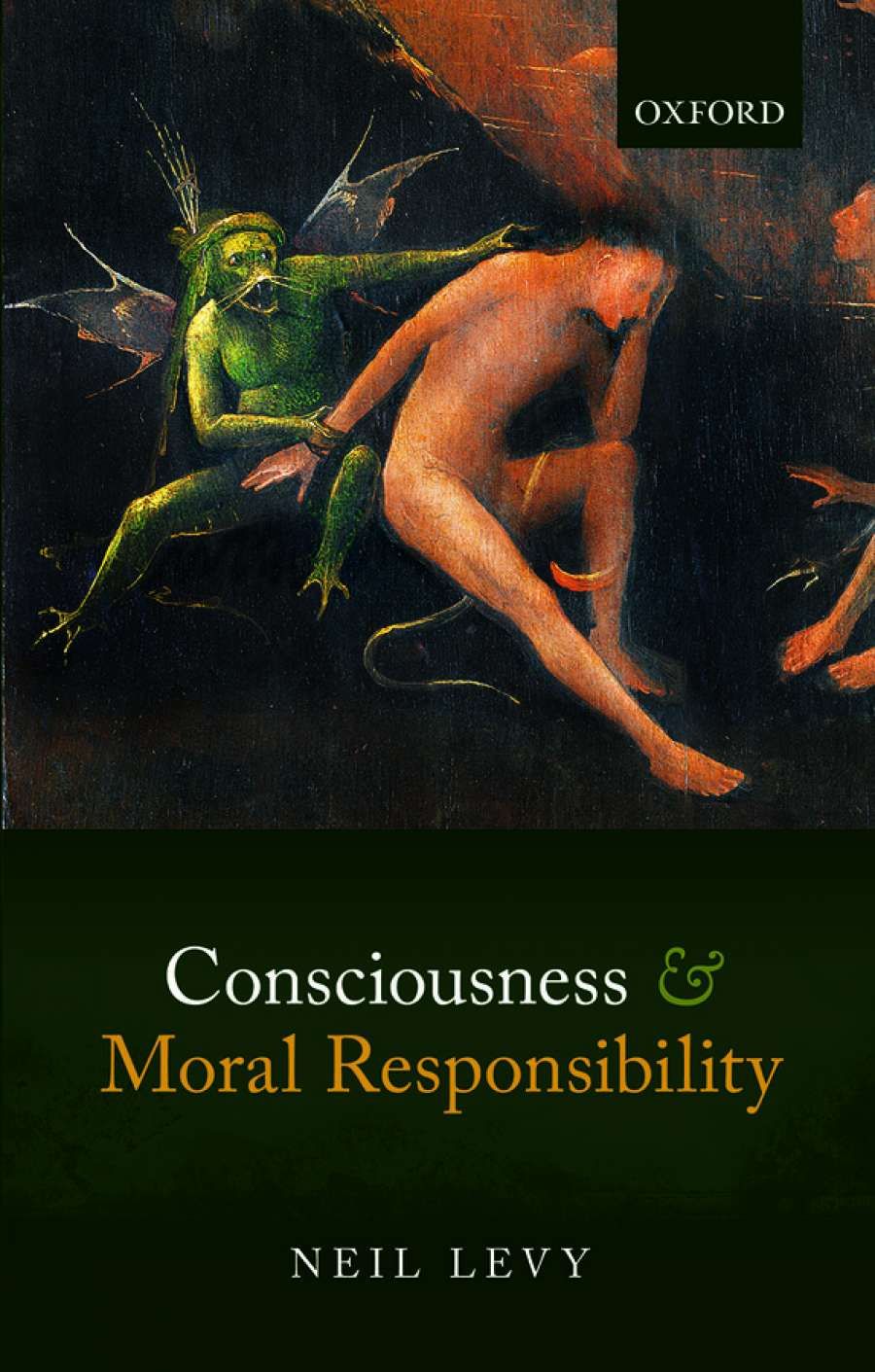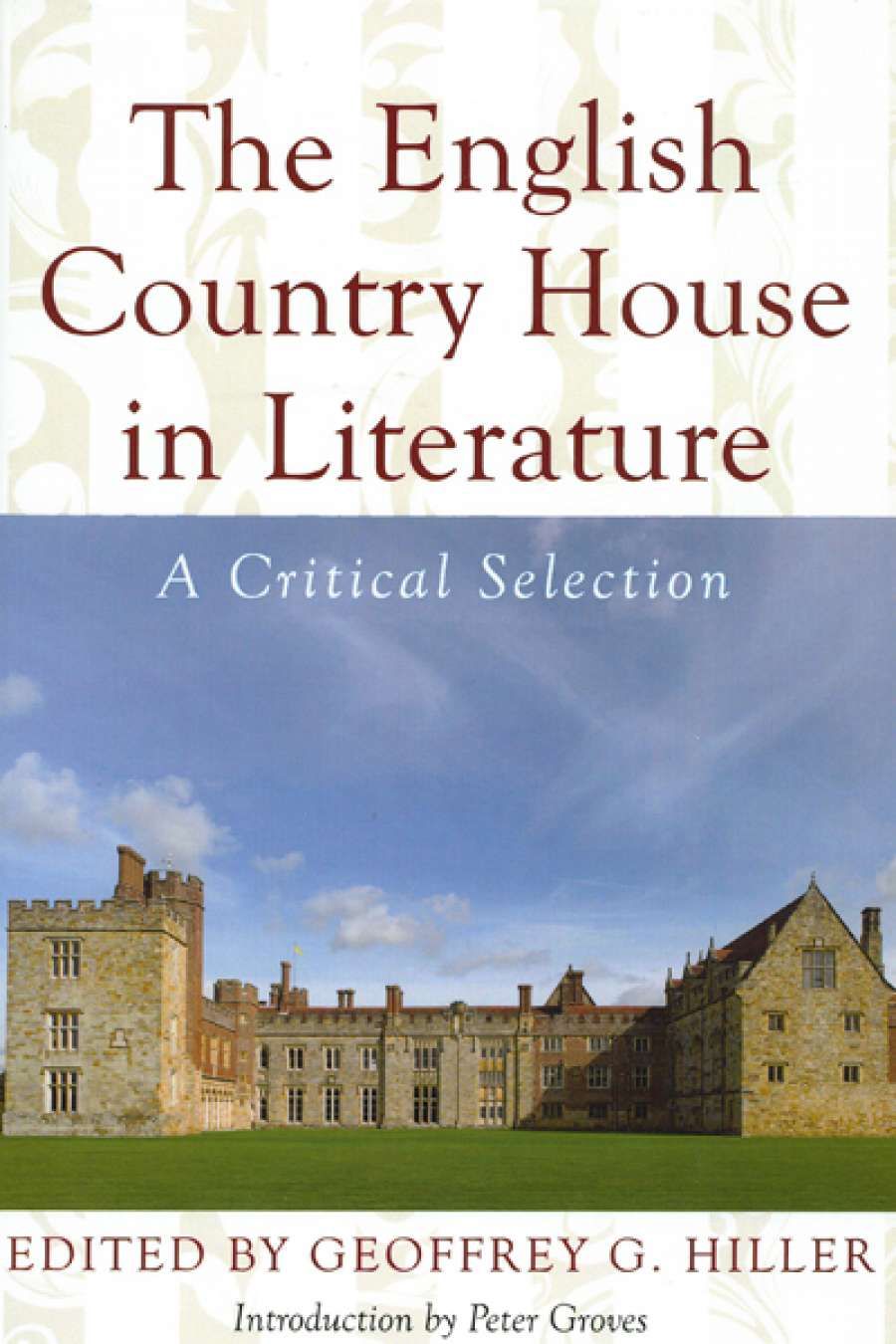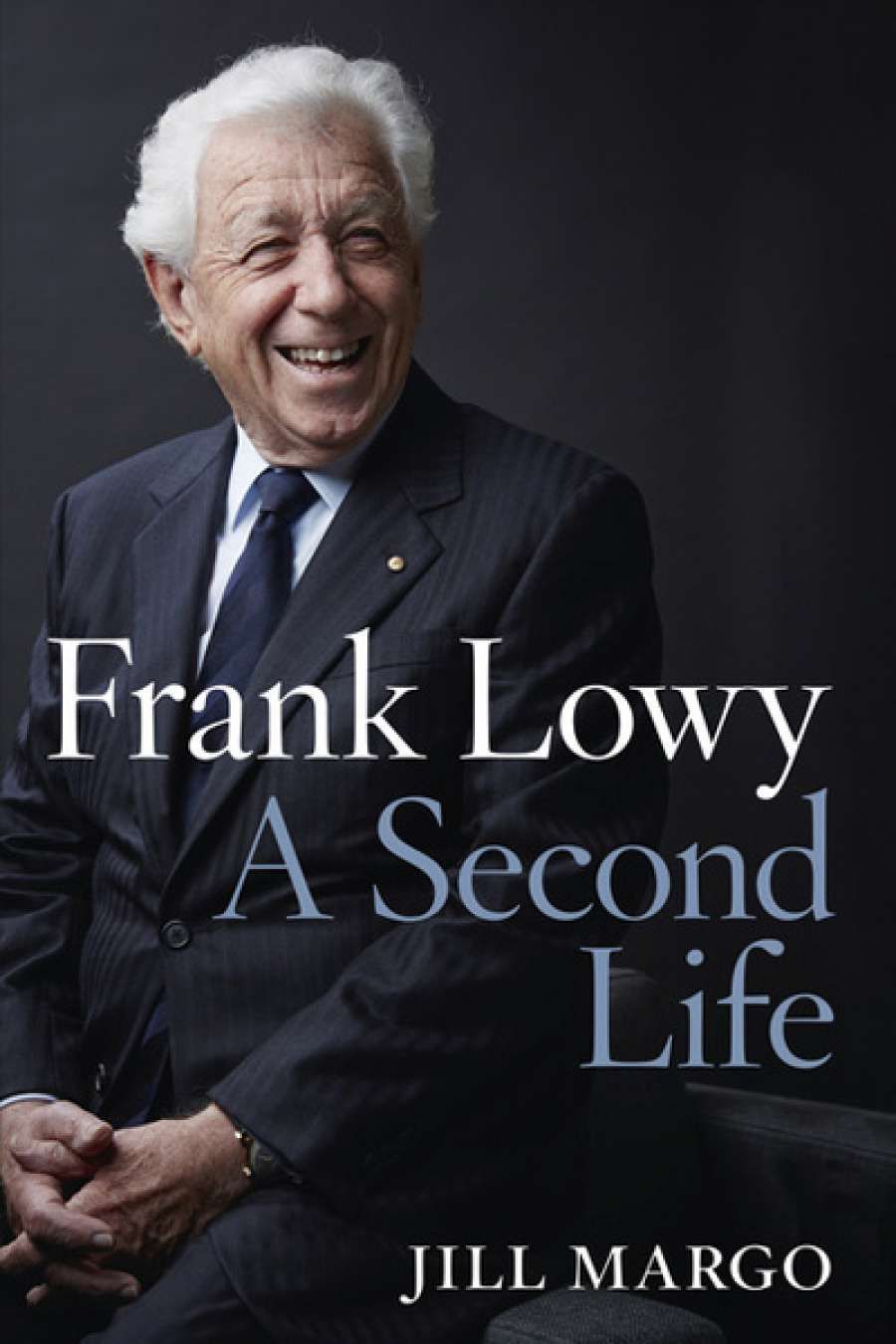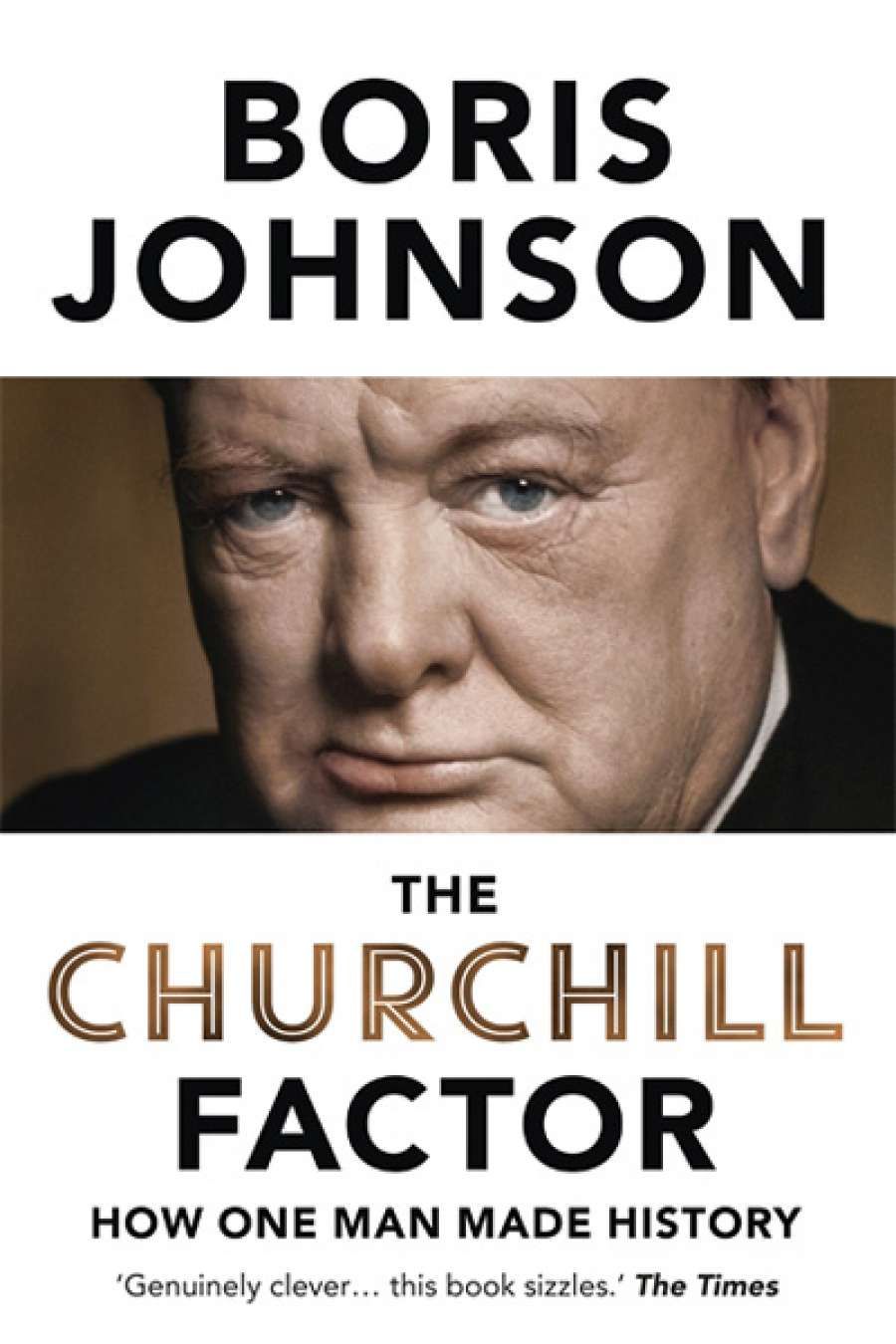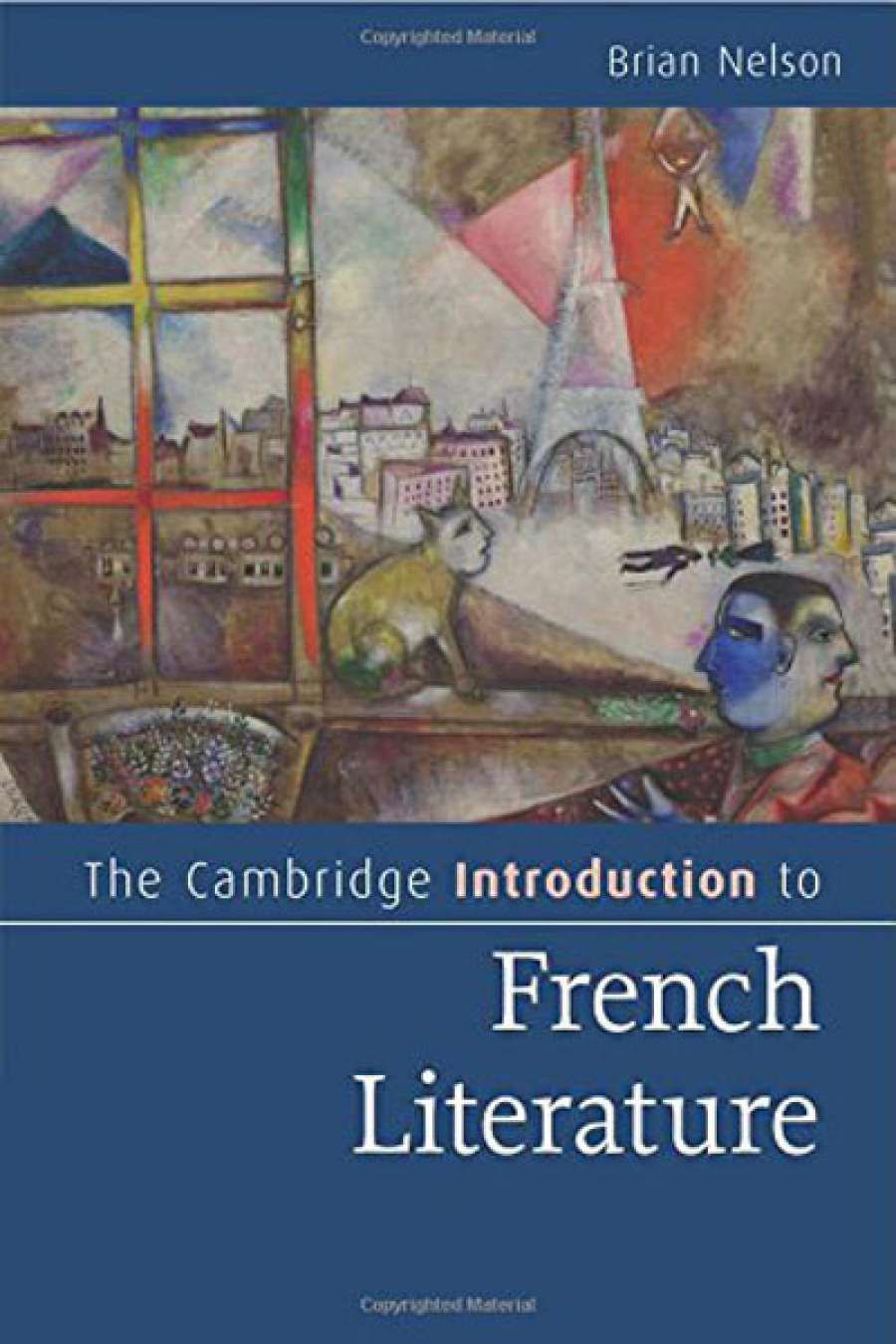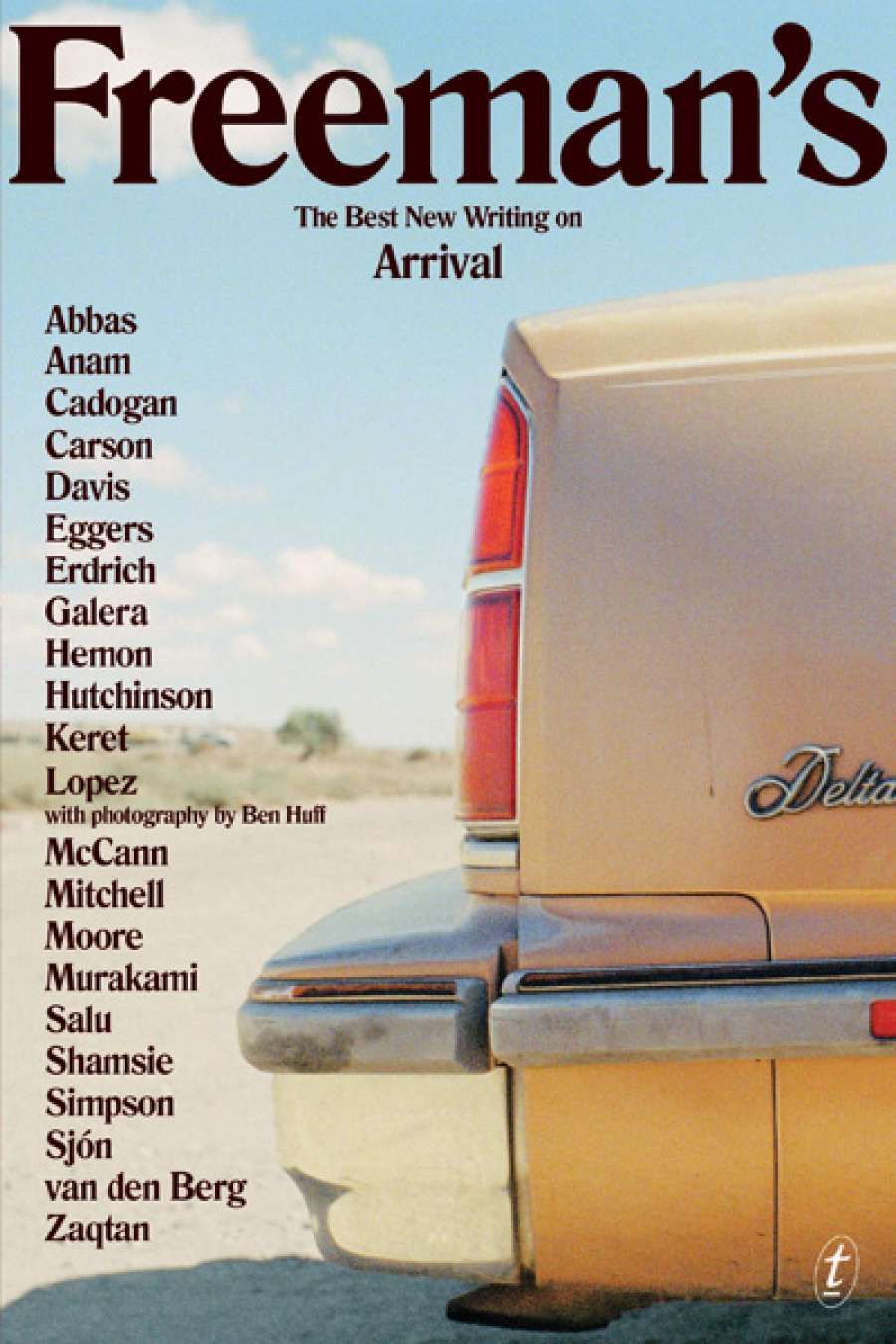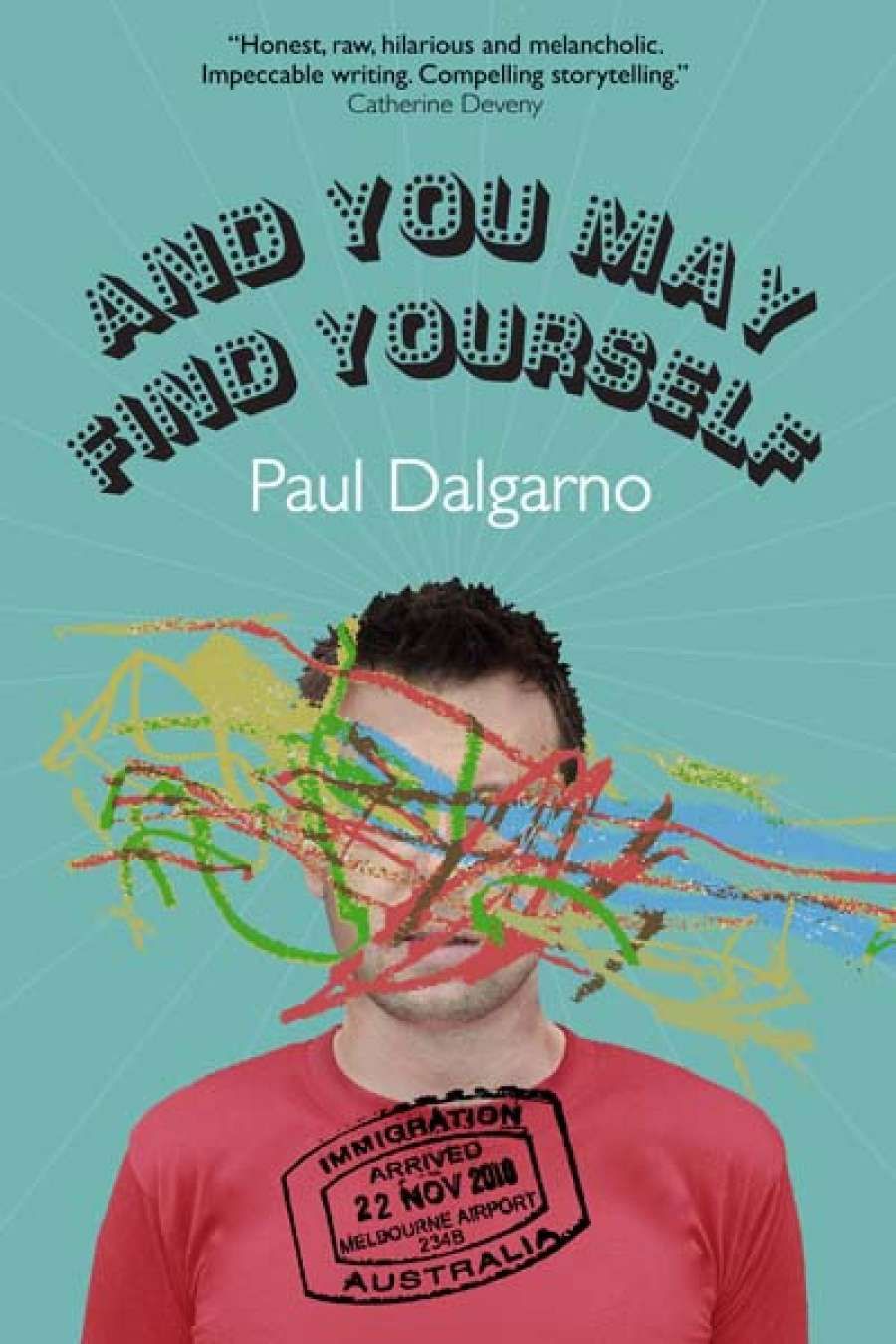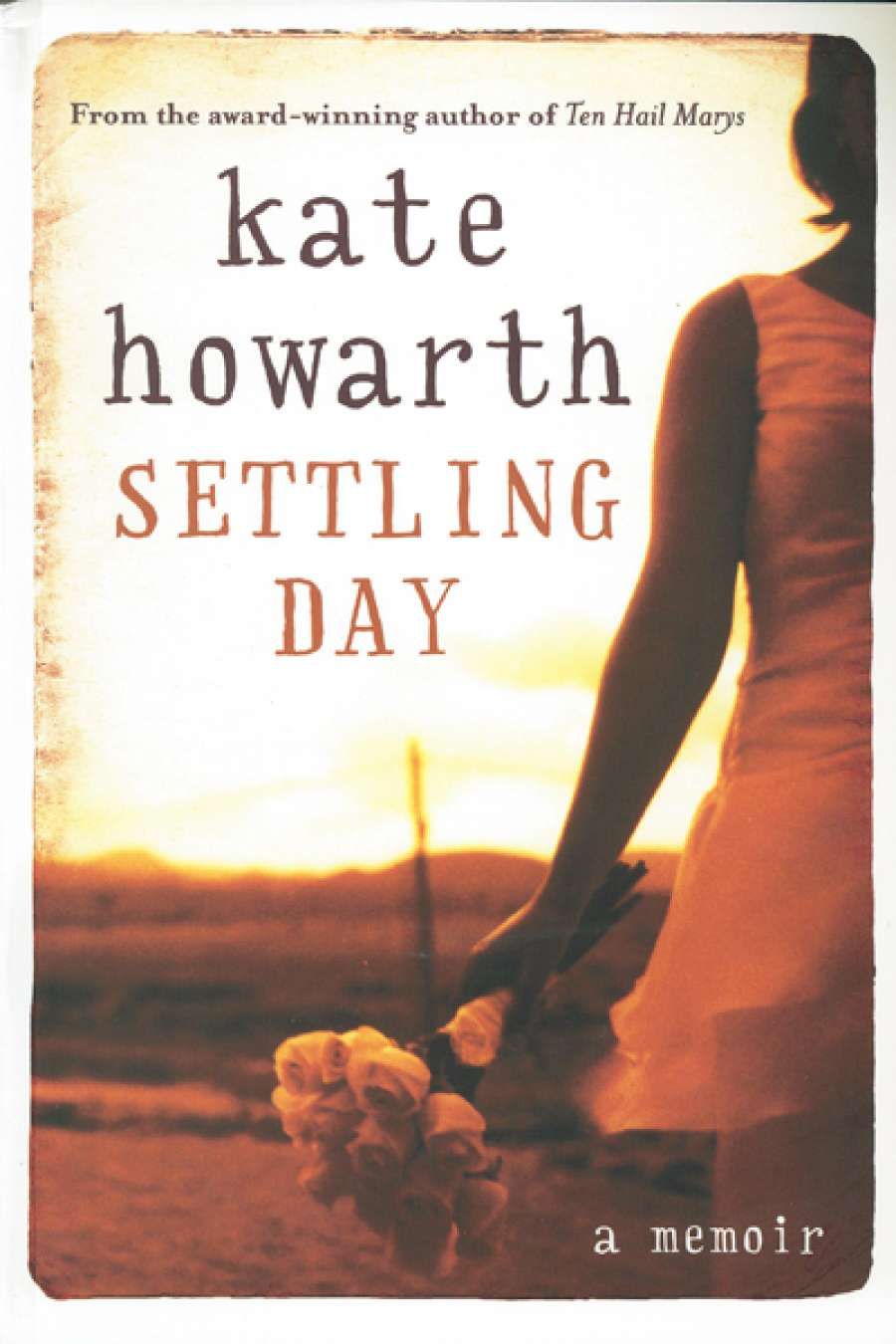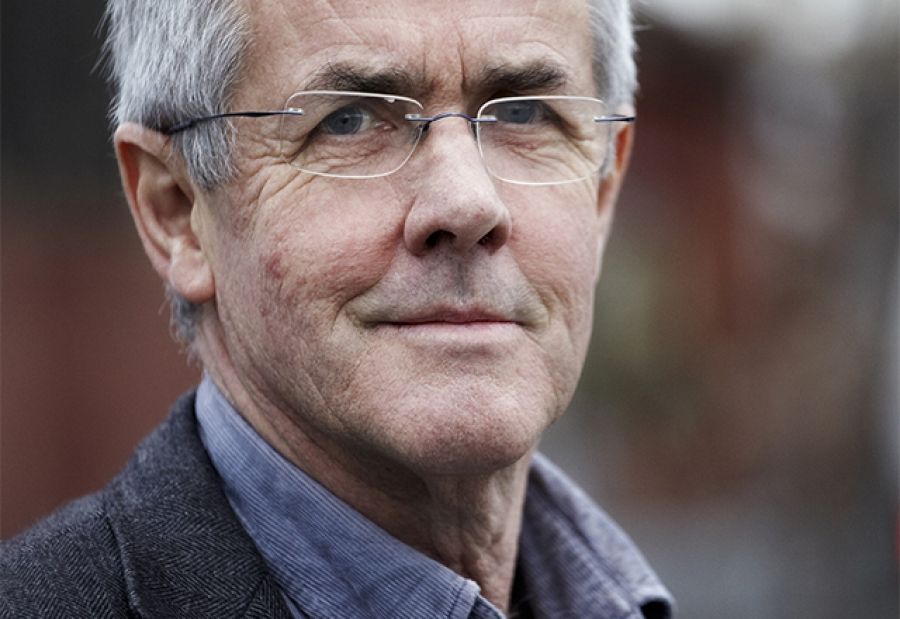Dust without dimension
The November 13 attacks on ordinary citizens in Paris have outraged and galvanised the world community. We share this sense of revulsion. Australia has a large French population and a rich tradition of Francophilia. Our sympathies go to our French readers and to the families of all the victims.
Words, at such times, are de trop. Not La Marseillaise, though. Advances was struck by the guttural fervour with which it was sung by thousands of Melburnians at a memorial in Federation Square two days after the massacres. Poetry, too, is solacing. We looked for a poem that spoke to the universal despair that follows atrocities of this kind. Gwen Harwood's poem 'Memento Homo Quia Pulvis Es', first published in 1961, seemed apt. We reprint it here, with kind permission from her estate.
Those who are truly great
 Michael Hofmann
Michael Hofmann
Gwen Harwood died in 1995, aged seventy-five. Australia lost another major poet that year: Philip Hodgins (at thirty-six). Their work endures, of course (how could it not?). British poet Michael Hofmann – a contributor to 'Books of the Year' – welcomes the new George Braziller selection from Hodgins's poems: First Light. Earlier this year, speaking on a panel celebrating the poetry of Gwen Harwood at the Australia and New Zealand Festival of Literature and Arts, philosopher A.C. Grayling likened her achievement in poetry to that of Thomas Hardy and lamented the widespread unawareness of her work in his own country.
Yet we still don't have a biography of Harwood or Hodgins. Auden might have approved, but not the mass of Harwood and Hodgins lovers. So many outstanding writers go unexamined, or under-examined, in this country. That two such important writers – and intense personalities – should go unbiographised is a matter of regret. Luminous, informed biography is an important way of renewing (even retaining) interest in a poet's work. As Marina Benjamin said in her review of Matthew Spender's new memoir of his father, Stephen Spender, 'In getting to know Stephen the man, I am far more inclined to return to his poems' (New Statesman, 25 September 2015).
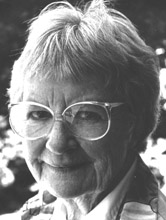 Gwen Harwood
Gwen Harwood
Apropos of Gwen Harwood, it is known that opposition from within the family, after her death, circumvented the biography that Greg Kratzmann – ideally placed – was commissioned to write for Oxford (a project that Harwood supported). Keepers of the flame have entitlements, but they also have responsibilities. Let us hope that Ann-Marie Priest fares better with her proposed biography of Gwen Harwood.
Meanwhile, we can enjoy a slender volume from Ginninderra Press: Behind the Masks: Gwen Harwood Remembered by Her Friends ($20 pb), edited by Robyn Mathison and Robert Cox. Anecdotists include Alison Hoddinott and Stephen Edgar.
Harwood was perhaps the truest wit in Australian poetry. Her letters and postcards were famous too. Our Editor recalls one in which she described a Hobart jewellery store. A sign in the window had caught her sharp eye – 'Eternities reduced'.
Two new Fellowships
ABR has within a few years published more than a dozen long articles arising from the ABR Writers' Fellowships. Past Fellows have included Felicity Plunkett, Danielle Clode, and James McNamara. Fellowship articles are among the best-read features ever published in ABR. We hope to collect them in book form in coming years.
The Fellowship program continues to diversify, in more lucrative ways. Last month we announced the latest of our themed Fellowships – the Australian Book Review RAFT Fellowship for an article of 6,000 to 8,000 words on any aspect of the role and significance of religion in society and culture. Applications close on 31 January 2016.
We are now seeking applications for the third of our Australian Book Review Dahl Trust Fellowships. Once again we welcome applications for a substantial article on eucalypts. Applications close on 20 February 2016. The finished article will appear in our 2016 Environment issue.
Because of the generosity of the Religious Advancement Foundation Trust and the Bjarne K. Dahl Trust (with supplementary funds from ABR Patrons in the case of the latter Fellowship), these Fellowships are now worth $7,500. ABR Fellows, too, will benefit from the magazine's commitment to increasing payments to its writers.
As ever, we encourage prospective applications to This email address is being protected from spambots. You need JavaScript enabled to view it. before finalising their applications.
Poem of the Week
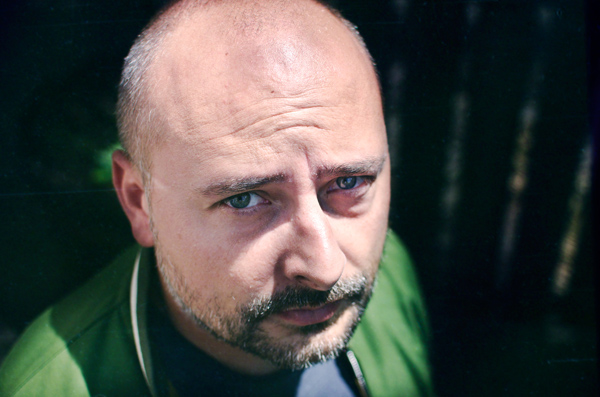 Kent MacCarter (photograph by Nicholas Walton-Healey)
Kent MacCarter (photograph by Nicholas Walton-Healey)
Don't miss this new weekly online feature. Each Thursday an Australian poet introduces and reads a poem (some, but not all, of which have appeared in the magazine). Kent MacCarter began the series with a virtuosic performance (the only word for it). Coming up we have Eileen Chong, Kate Middleton, Stephen Edgar, and Judith Beveridge (who will read the winning poem in the 2015 Peter Porter Poetry Prize).
Look out for these and other features on the podcast. These recordings are available from our website, SoundCloud, and iTunes.
Support from Arts NSW
ABR is delighted to announce that it has received an Annual Program grant from Arts NSW to support payments to New South Wales writers in 2016. This will enable us to continue expanding New South Wales content in ABR. We will publish more features from and about the state. Look out for New South Wales contributions to our podcasts and Arts Update. And we will continue to increase our rates.
Transnational Literature
The November 2015 issue of Flinders University's e-journal Transnational Literature is out now. It includes new poetry from Stuart Barnes, Mark O'Flynn, and Billy Marshall Stone-king, among others, and seven pieces of prose creative writing, ranging from 'a Kafka-infused story set in Japan to a passionate defence of freedom of choice in modes of dress'. It also features tributes to poet and academic Syd Harrex, and the text of Brian Matthews's 2014 Brian Medlin Memorial Lecture 'The Preciousness of Everything'.
Letters from the Master
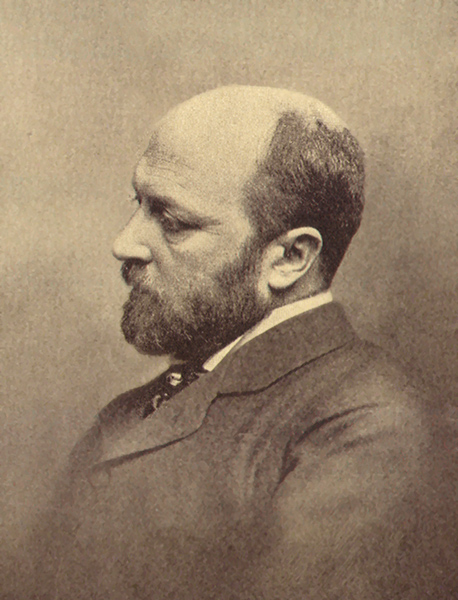 HenryJames (photographer unknown, via Wikimedia Commons)
HenryJames (photographer unknown, via Wikimedia Commons)
Confirmed Jacobites, of whom there is at least one lurking in Studio 2 at Boyd, can't get enough of the Master, so they will pounce on The Complete Letters of Henry James 1878–1880, Volume I (in fact the eighth volume to date in the Nebraska series). Pierre A. Walker and Greg W. Zacharias, the editors, inform us there will be 132 more volumes in the series.
Henry James was thirty-five in 1878. Famously and prodigiously, he accepted 107 dinner-party invitations during the winter of 1878–79. Contemporary novelists should get out more.
The Suburban Review
This newish Melbourne periodical, based in Melbourne and edited by T.J. Robinson, has reached its sixth volume (as each issue is called), so it is surely guaranteed a long life. Highlights include fiction by writers such as Harriet McKnight (shortlisted for the 2015 ABR Elizabeth Jolley Short Story Prize) and poetry by Toby Fitch (new Poetry Editor of Overland, and shortlisted for the 2015 Peter Porter Poetry Prize). Each issue costs $14.95.
Pratchett largesse
 Terry Pratchett
Terry Pratchett
In late September the University of South Australia announced the creation of a biennial $100,000 Terry Pratchett Memorial Scholarship, funded by a $1 million endowment made to the University by the best-selling UK author. 'Terry was someone who was never shy of contributing to the things he believed in and as recipients of this wonderful bequest we are reminded of his commitment to inquiry and to learning,' said Vice Chancellor, Professor David Lloyd.
Pratchett, who died earlier this year, was awarded an honorary doctorate by the University in 2014. He was best-known as the author of the Discworld series which began in 1983 and ended forty-two books later with The Shepherd's Crown, which was published posthumously in August.
Arts Update e-bulletin
Have you signed up yet for our free fortnightly e-bulletin devoted to Arts Update? It comprises all our arts reviews published online during the previous fortnight, plus news items and some juicy giveaways, including double passes to film, plays, operas, and concerts.
Give a free gift subscription
There is still time to introduce a friend or relation to Australian Book Review. Until 31 December, new and renewing subscribers can direct a free six-month subscription to ABR. You can qualify for this special offer by renewing your current subscription even before it is due to lapse. Fill in the back of the flysheet that accompanies the print issue, or ring us on (03) 9699 8822. Terms and conditions apply.
Farewell to 2015
This has been a watershed year for the magazine. Never before have its programs been more diverse or ambitious. New features were added to the magazine, and we consolidated our arts coverage through Arts Update. We published a total of 303 writers in our ten issues and Arts Update – a record number. Of them, fifty-nine per cent had not appeared in 2014; and almost 100 of them were entirely new to the magazine – two clear measures of ABR's commitment to inclusiveness and new talent.
In May we launched a campaign to increase our payments to contributors. The result from donors and readers has been truly heartening. Large numbers of readers share our belief that critics deserve support and reasonable payment – not just a byline. Support from our growing cohort of Patrons has been extraordinary. Cultural philanthropy has transformed this magazine, and the 2015 result exceeded previous years. Happily, our base rate for reviewers has doubled in the past two years.
Now we look forward to another year of great publishing and innovative programs. These will include States of Poetry, podcasts, a series of professional workshops, and our first cultural tour (to the United States, in September).
As always, we thank our writers, subscribers, Patrons, donors, advertisers, and partners for their continuing support. Flinders University has sponsored the magazine since 2005, and we thank all our colleagues and contributors there.
Have a great summer! Ed.
